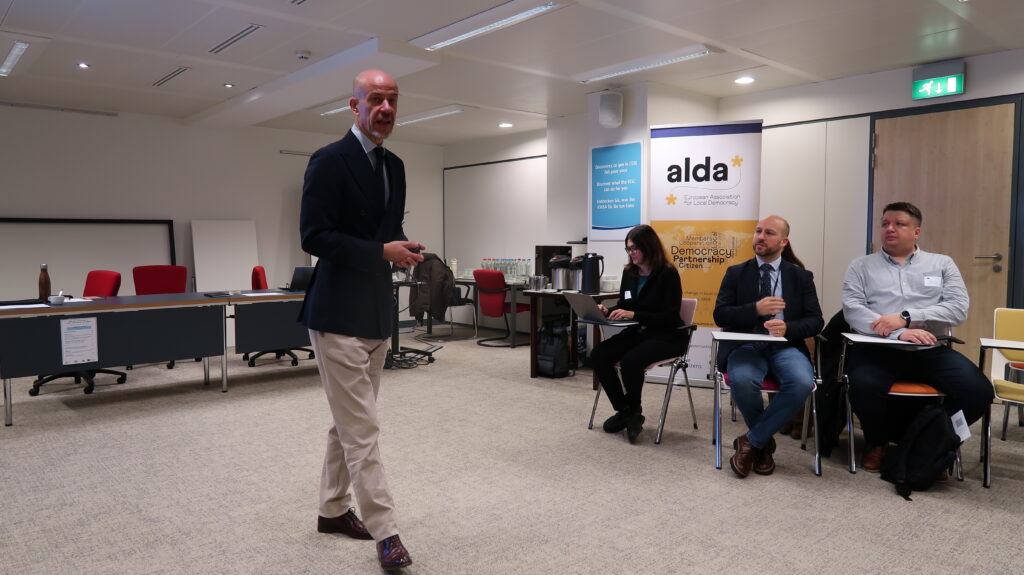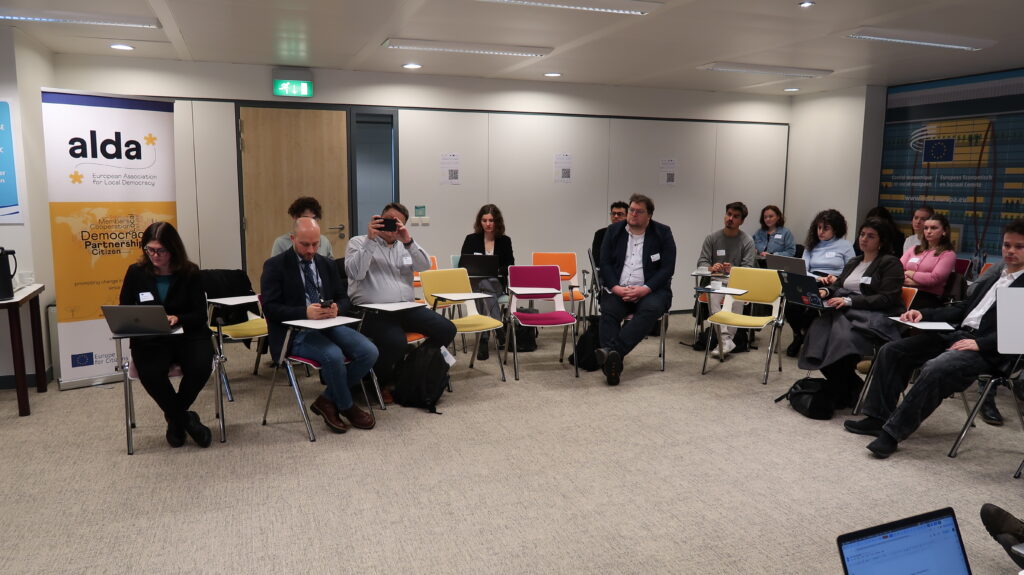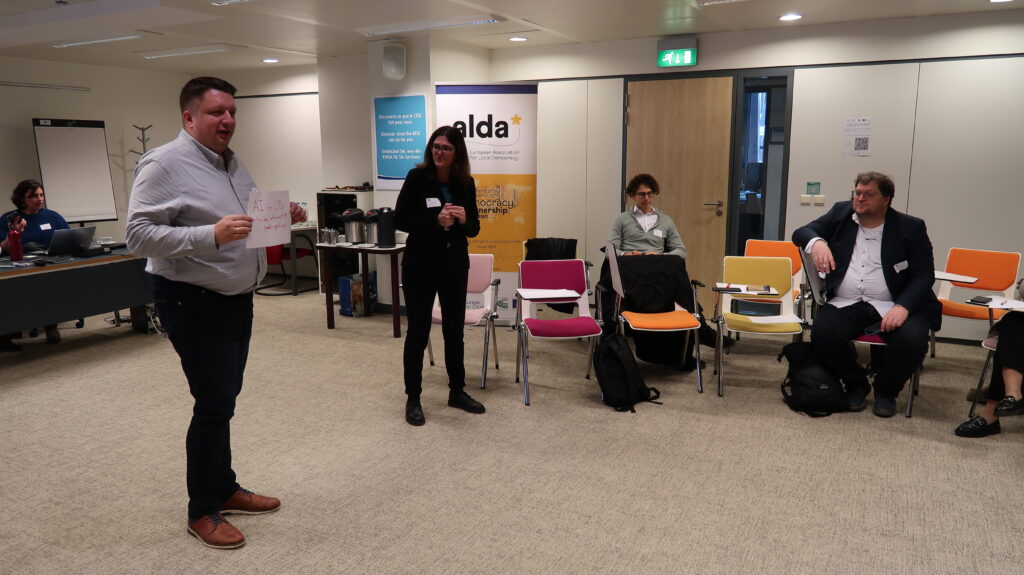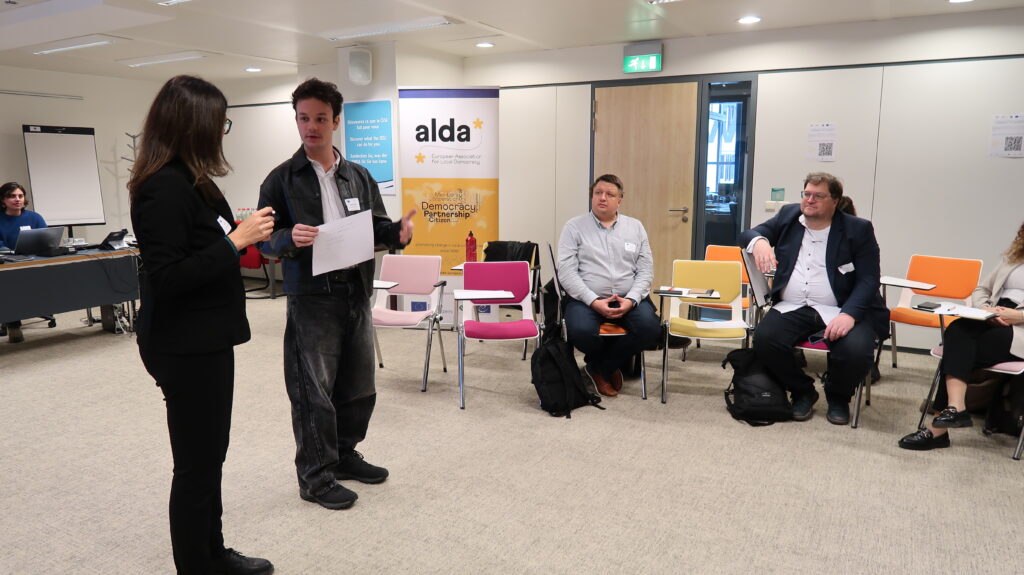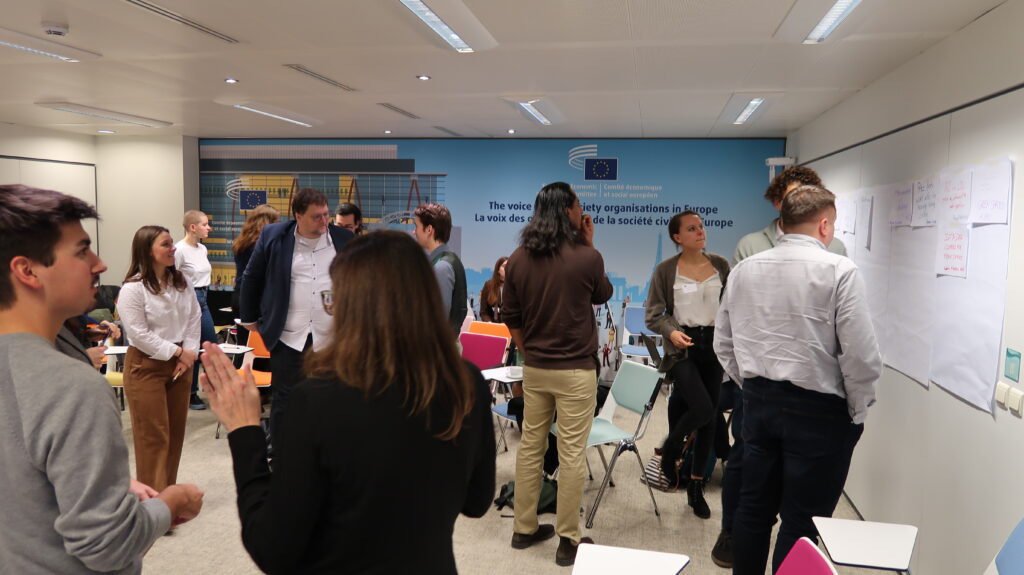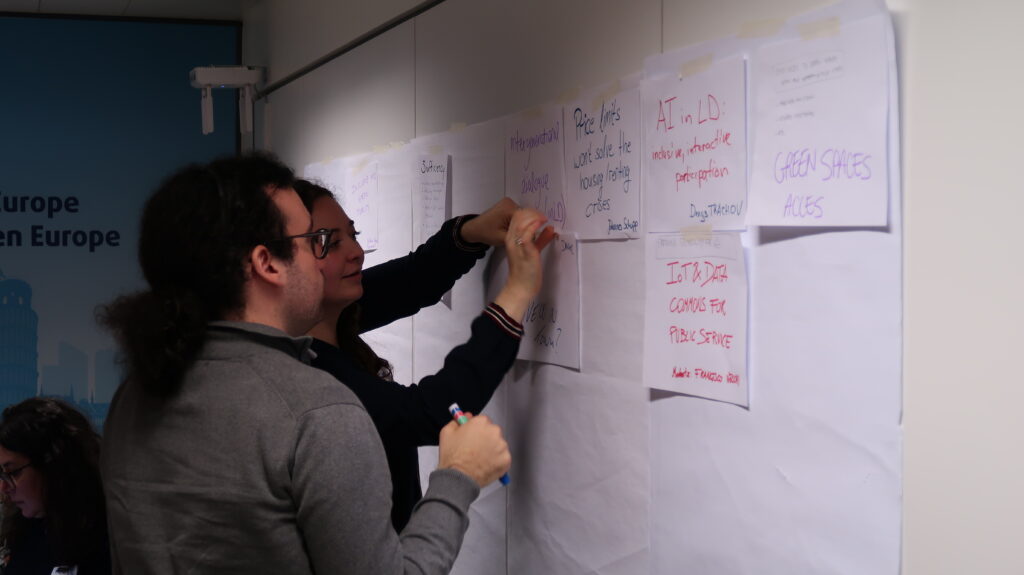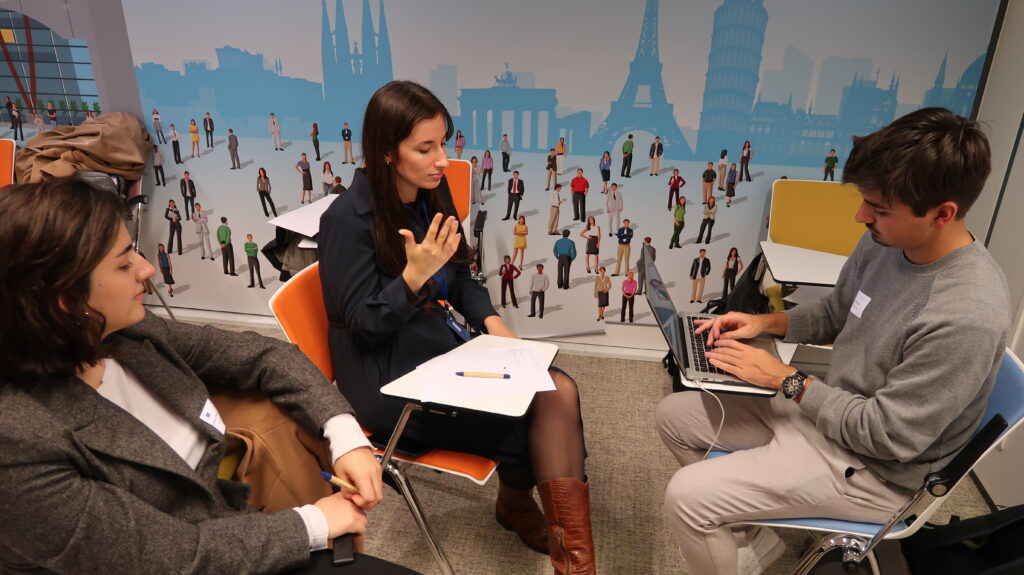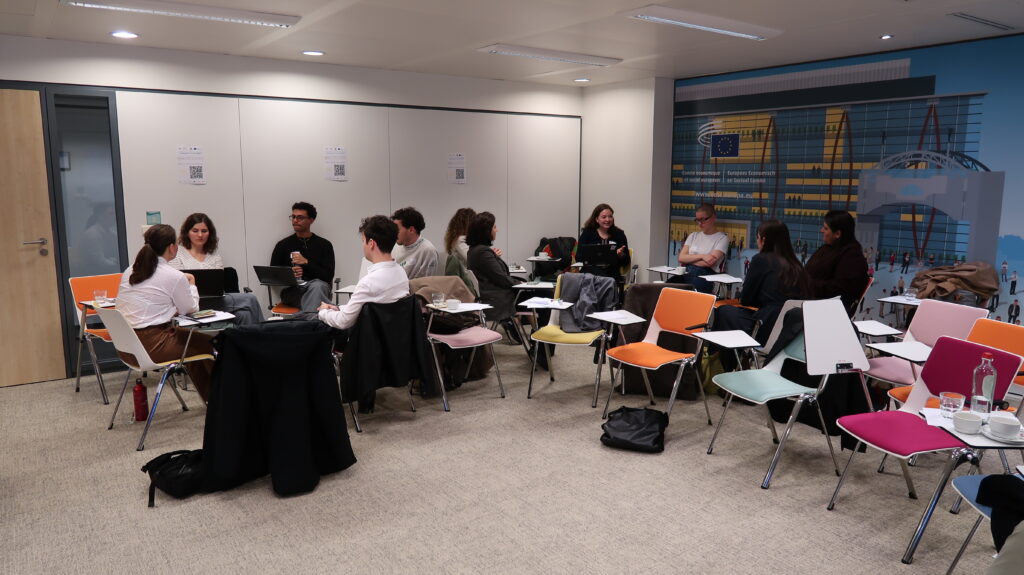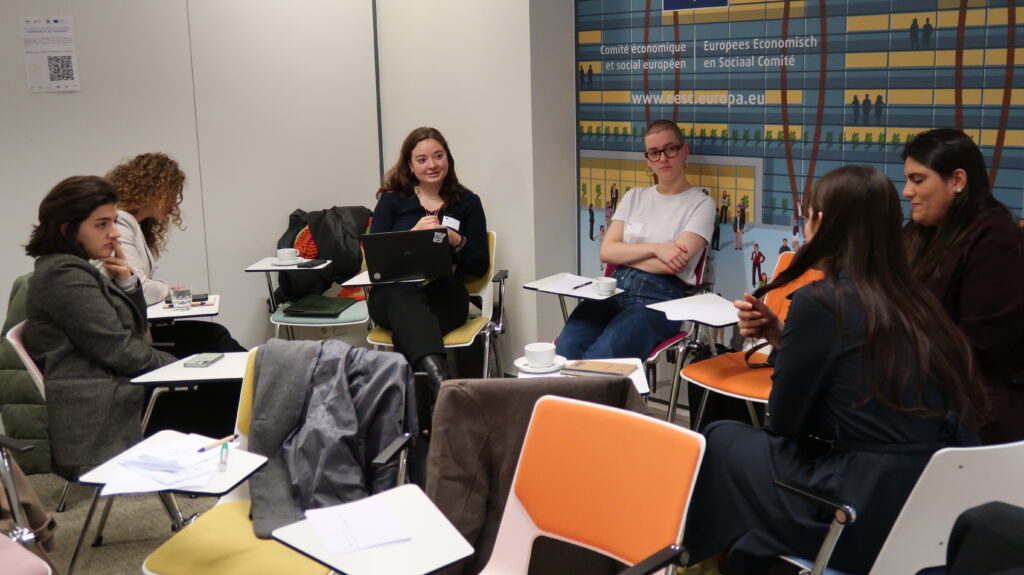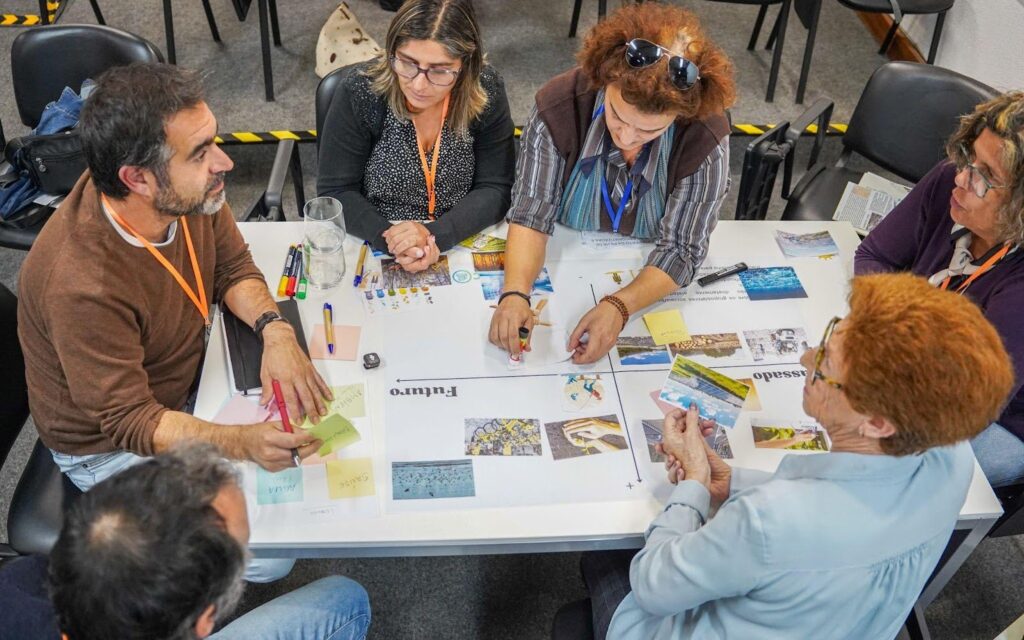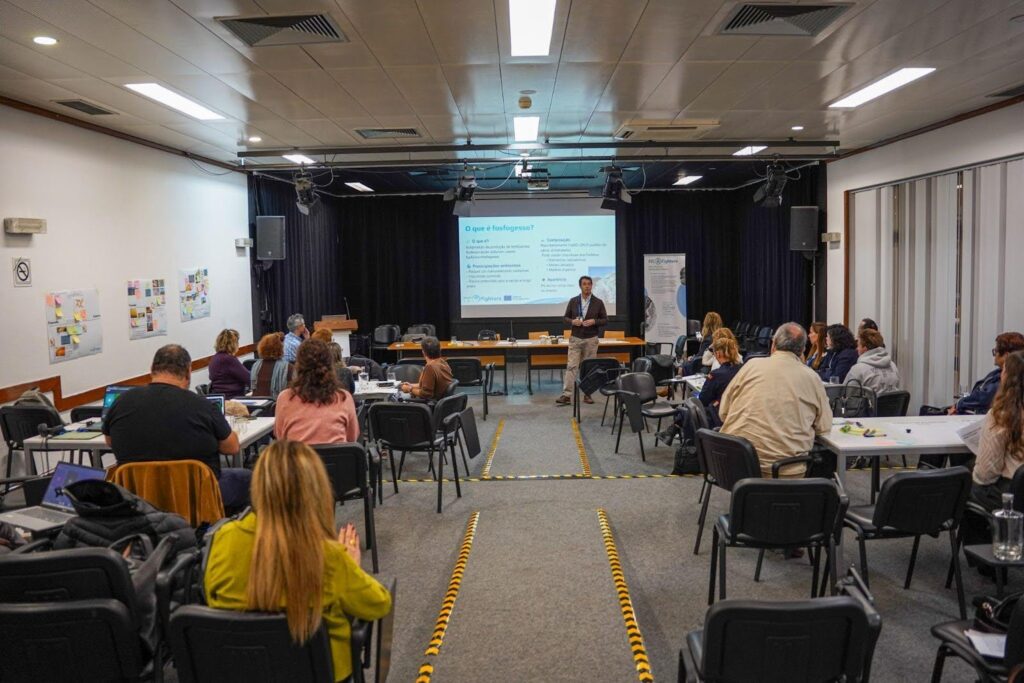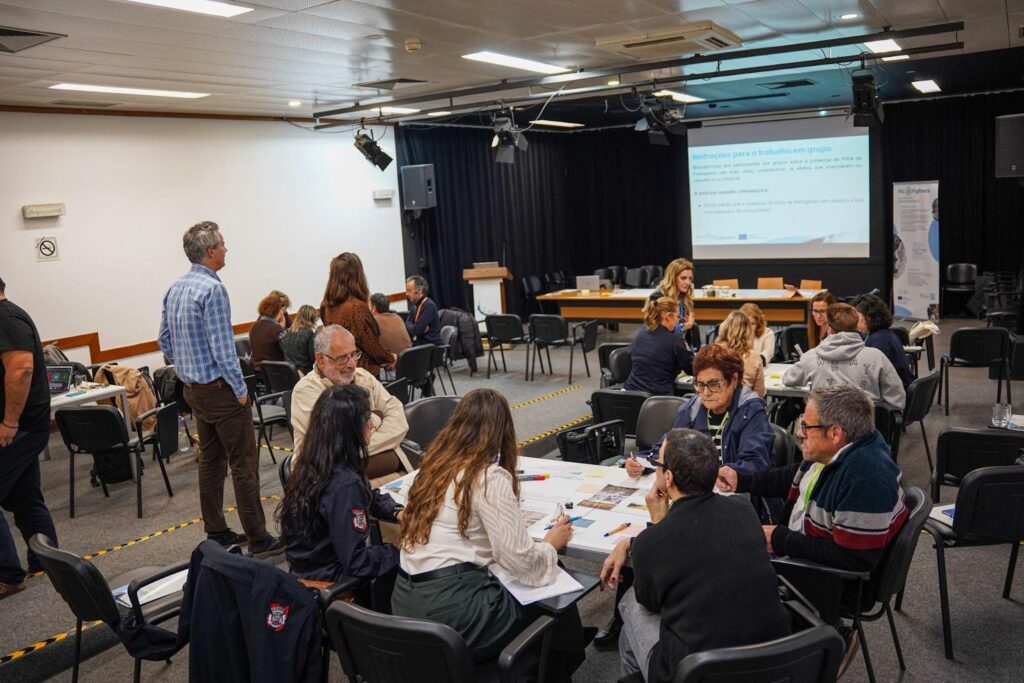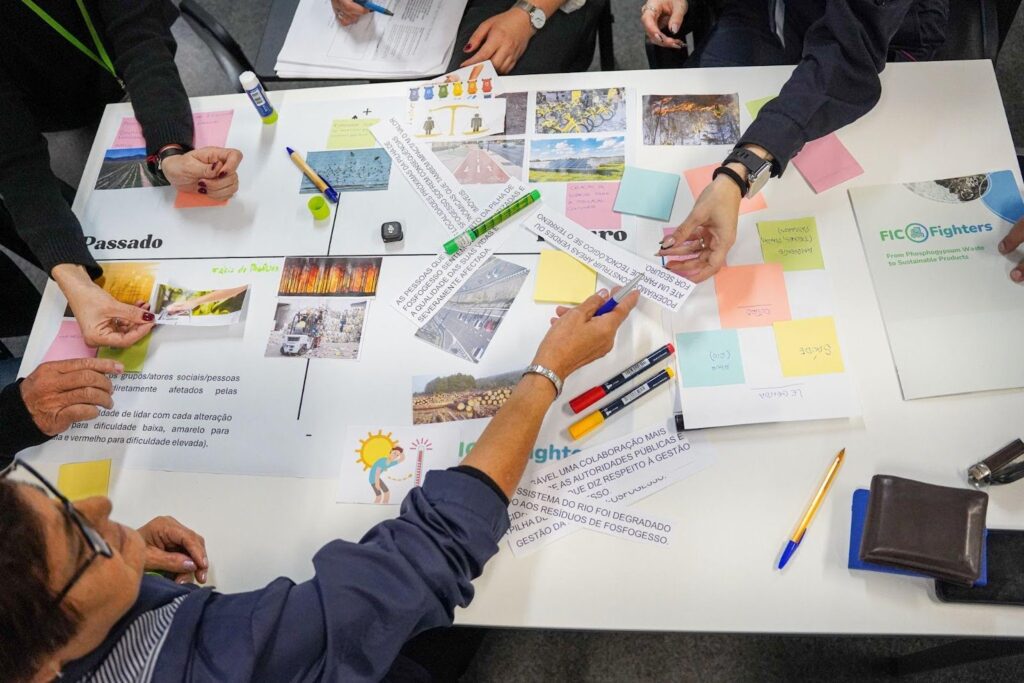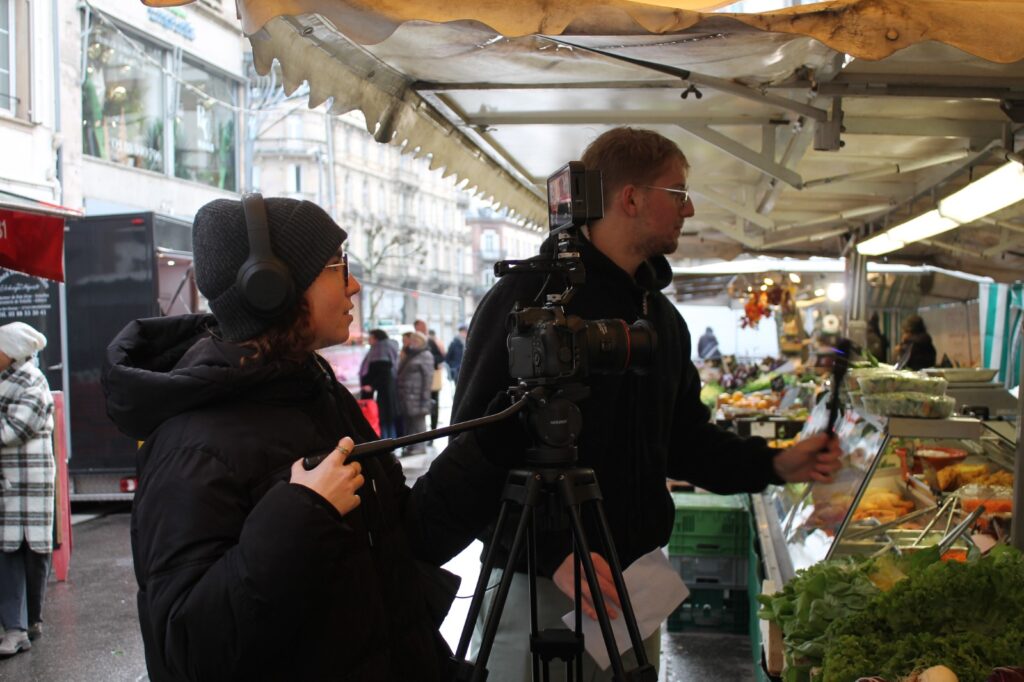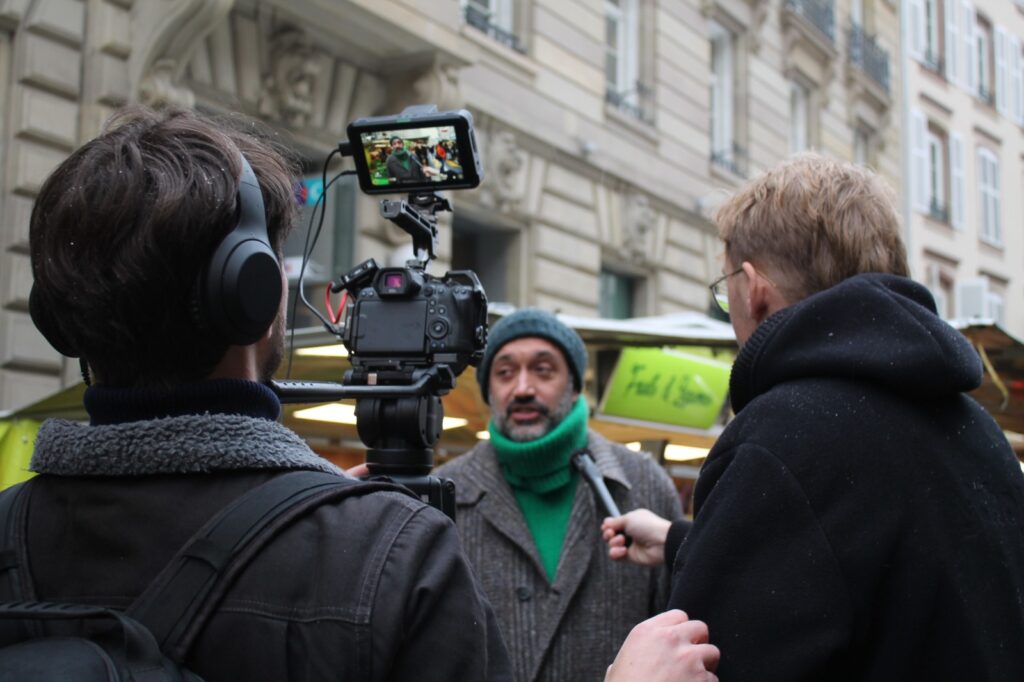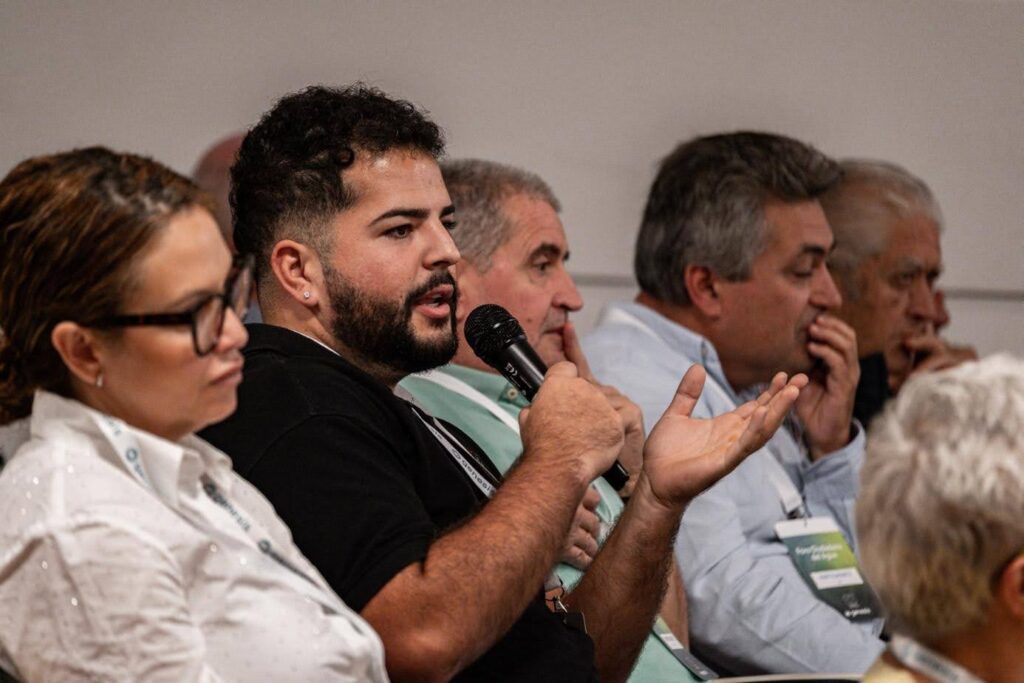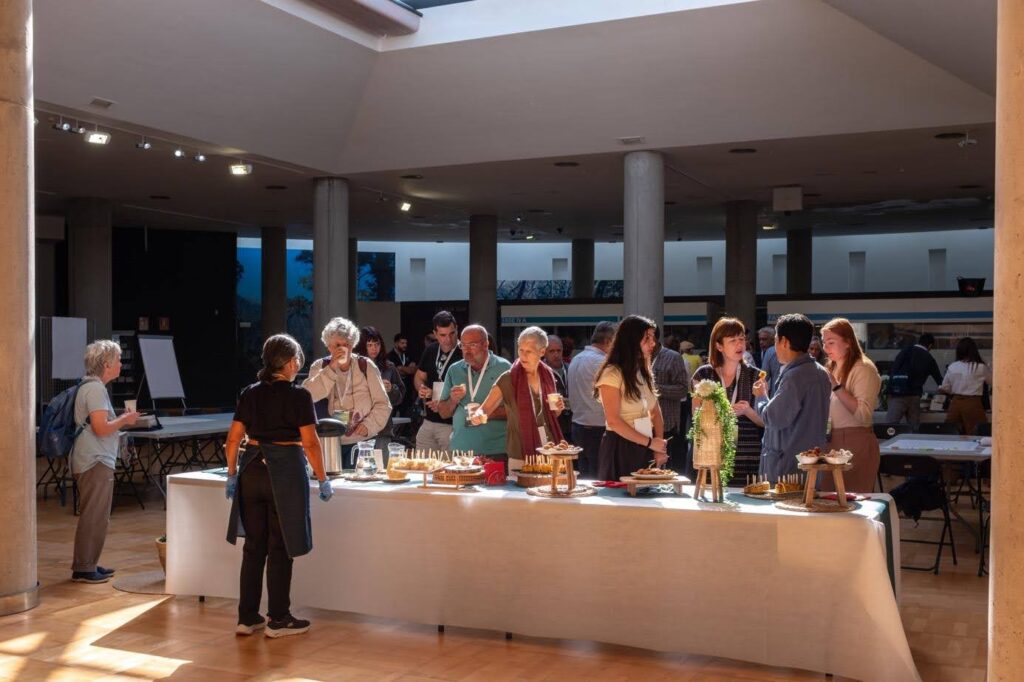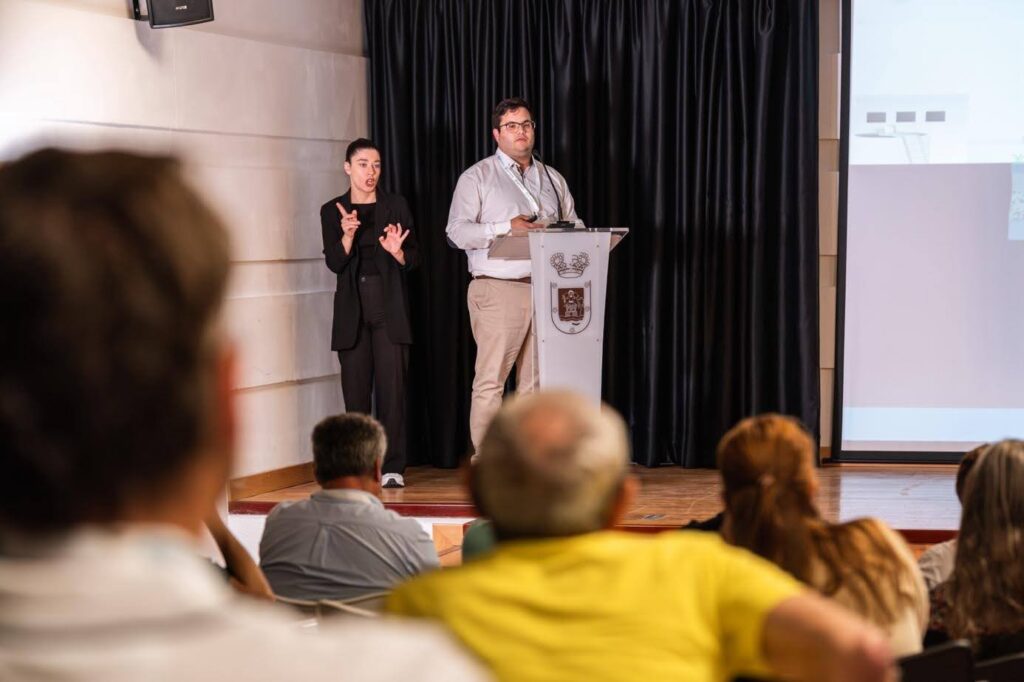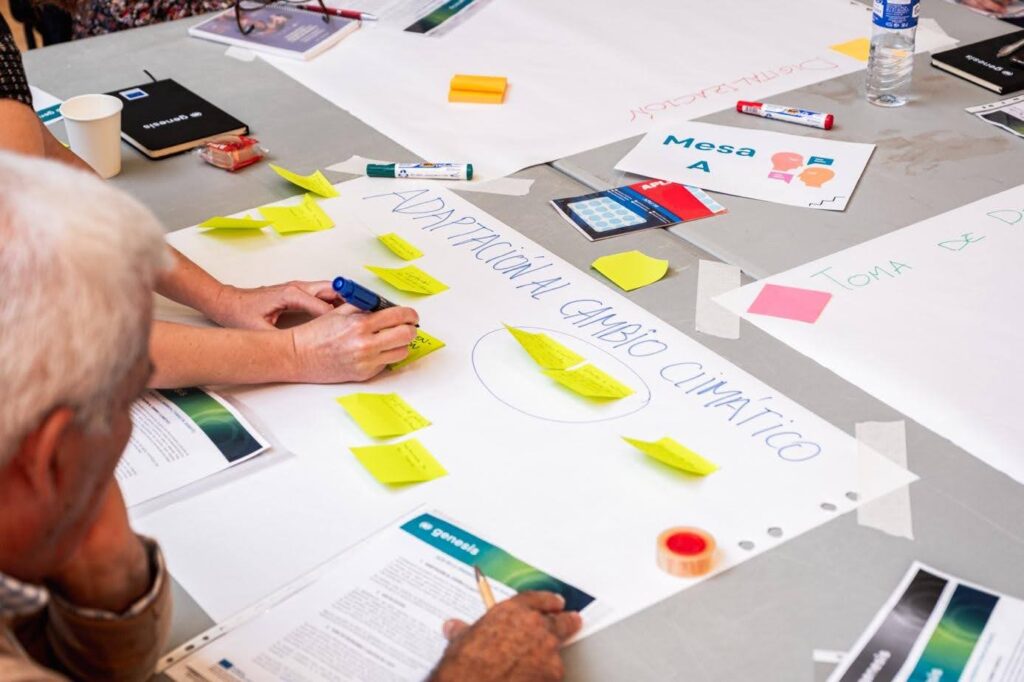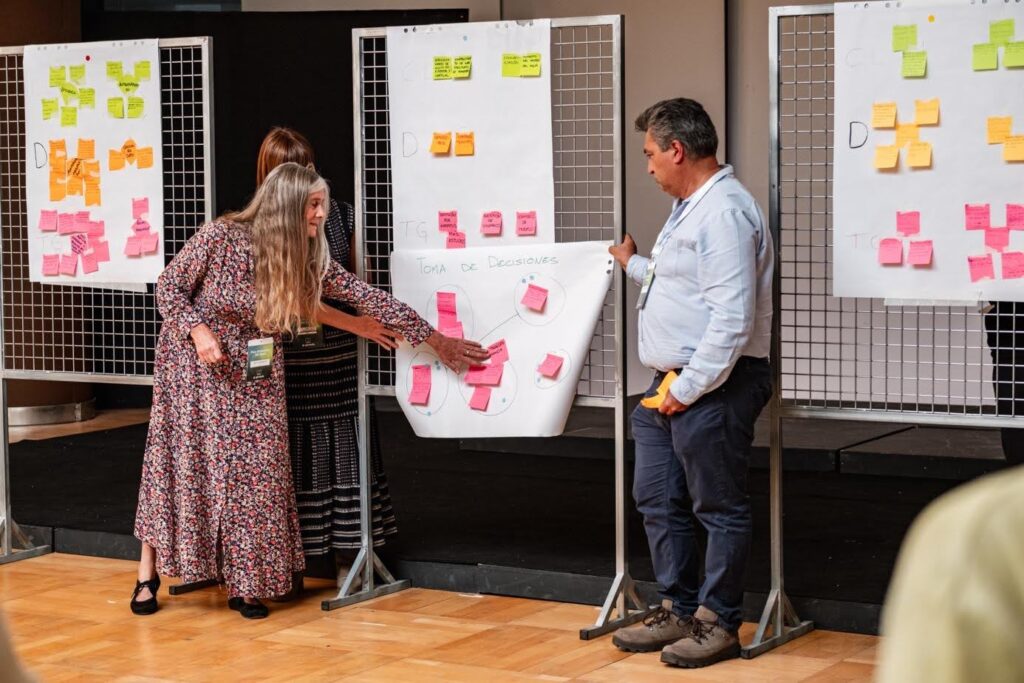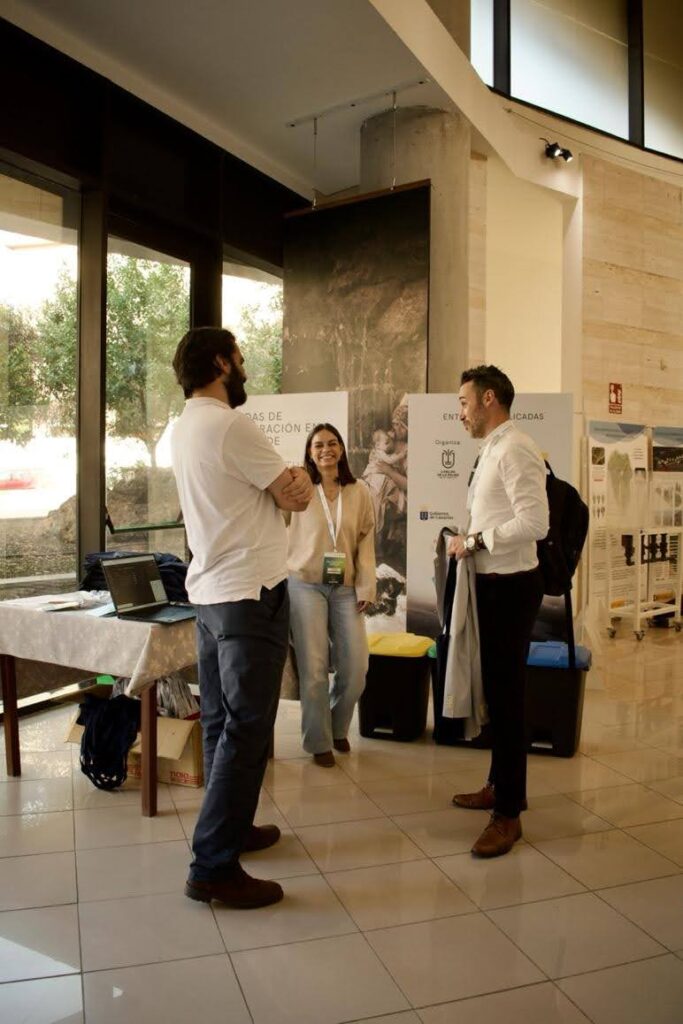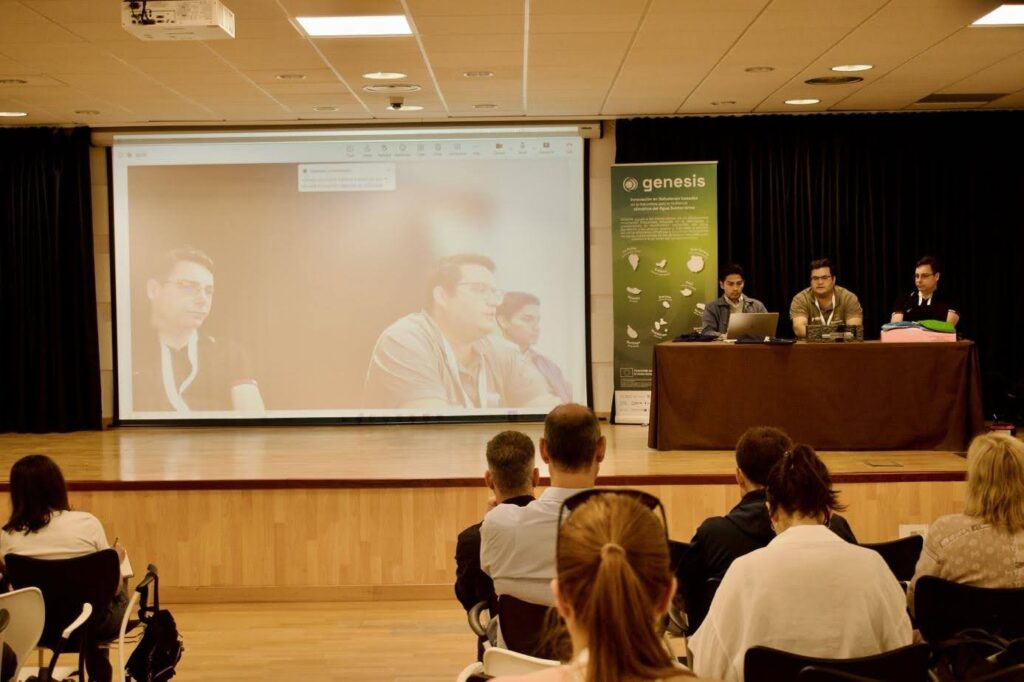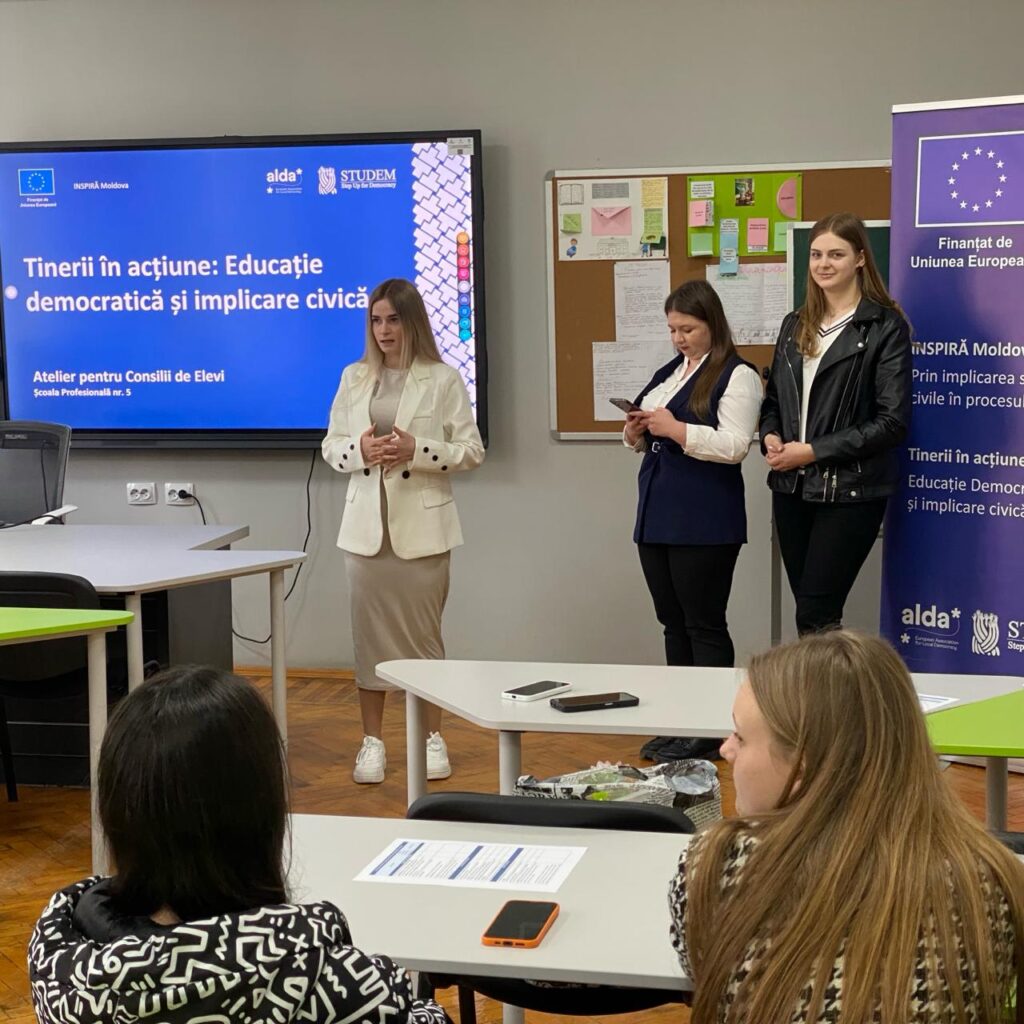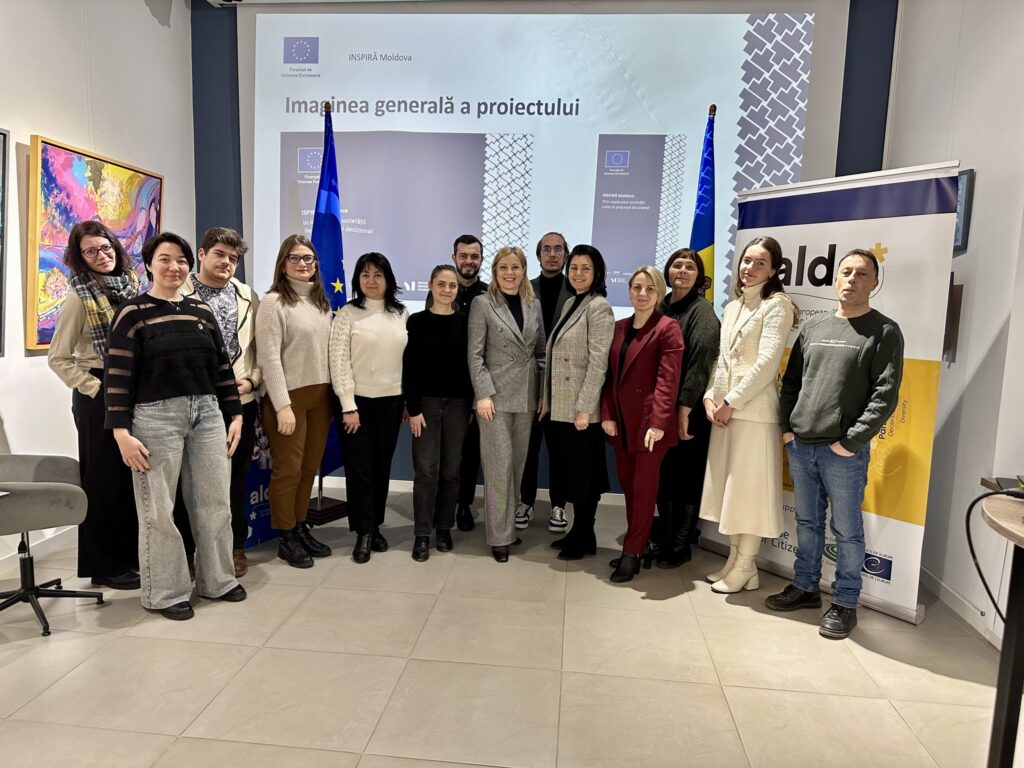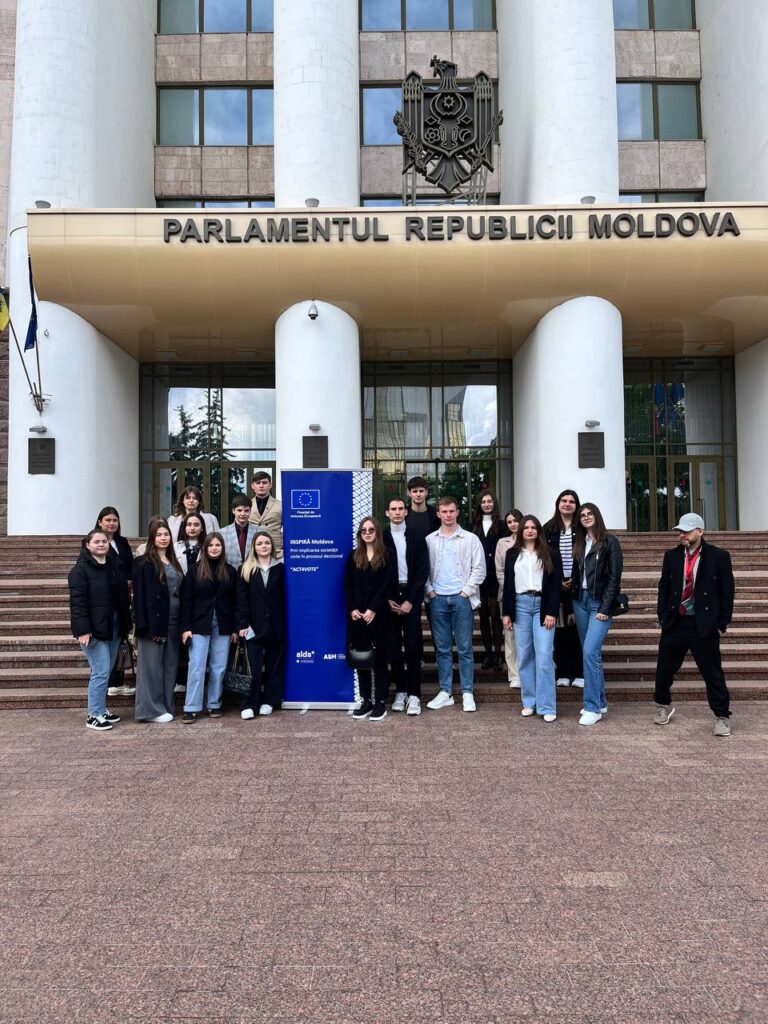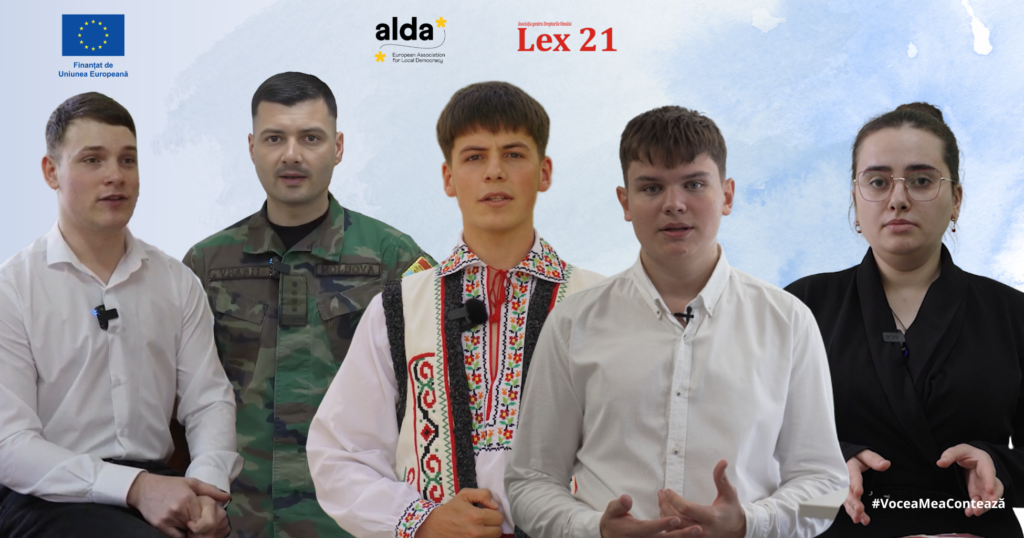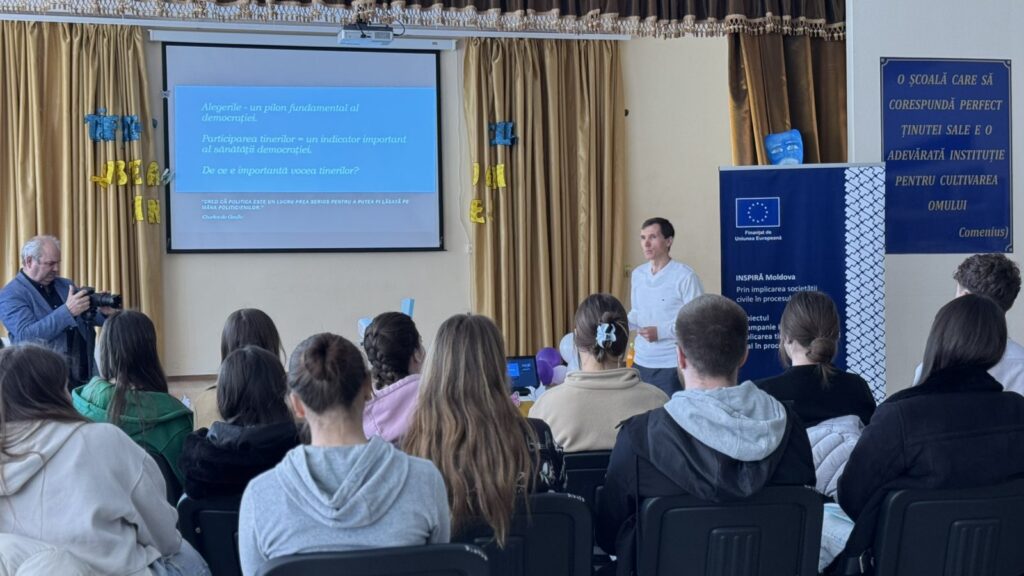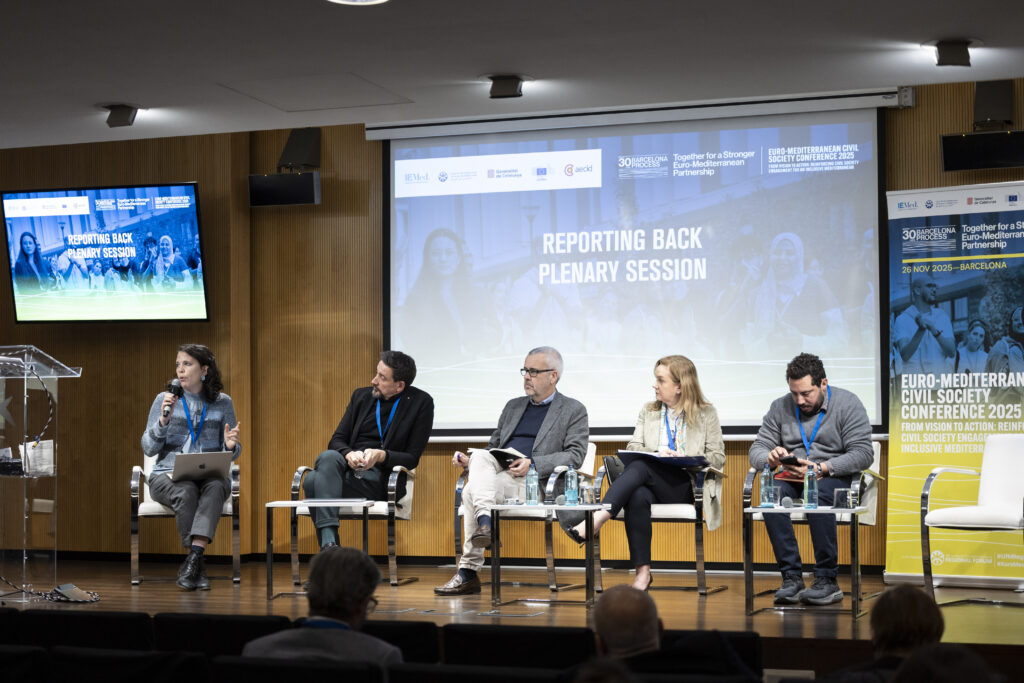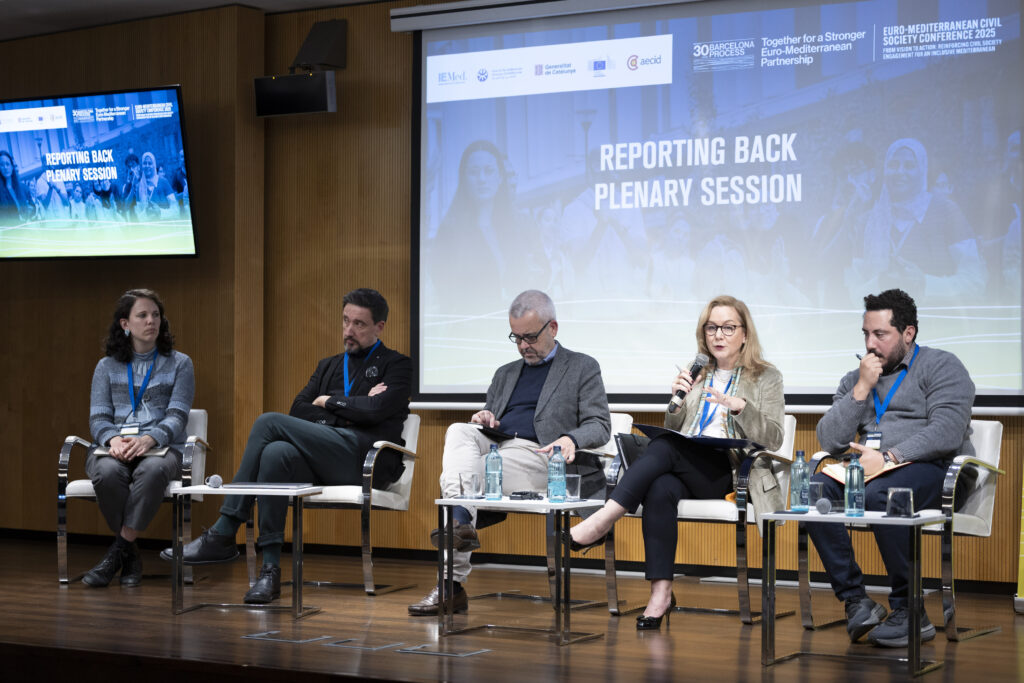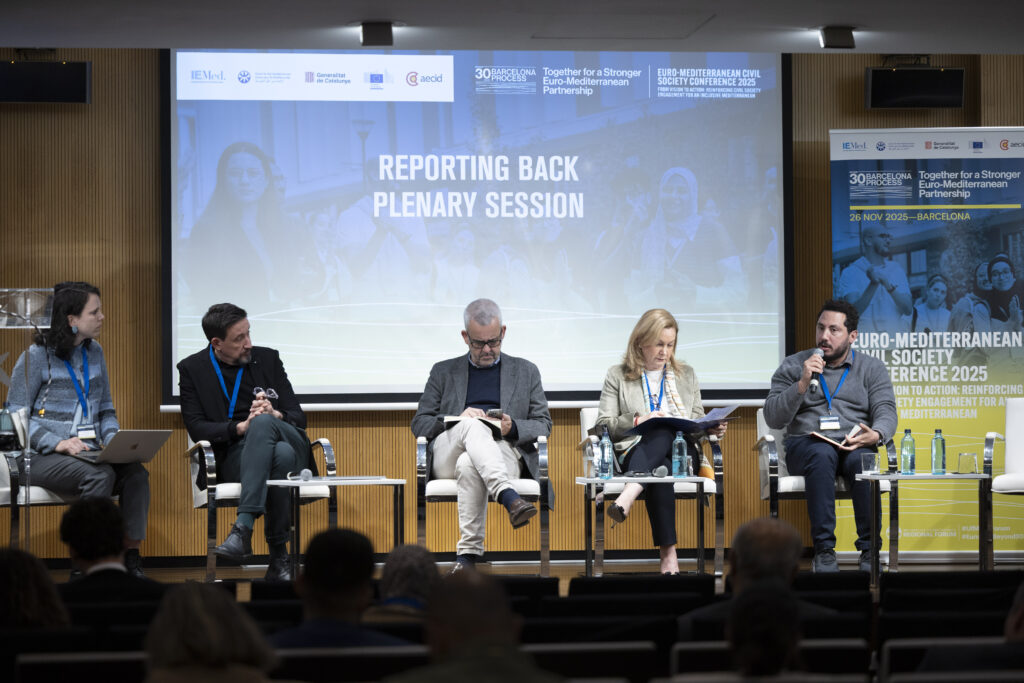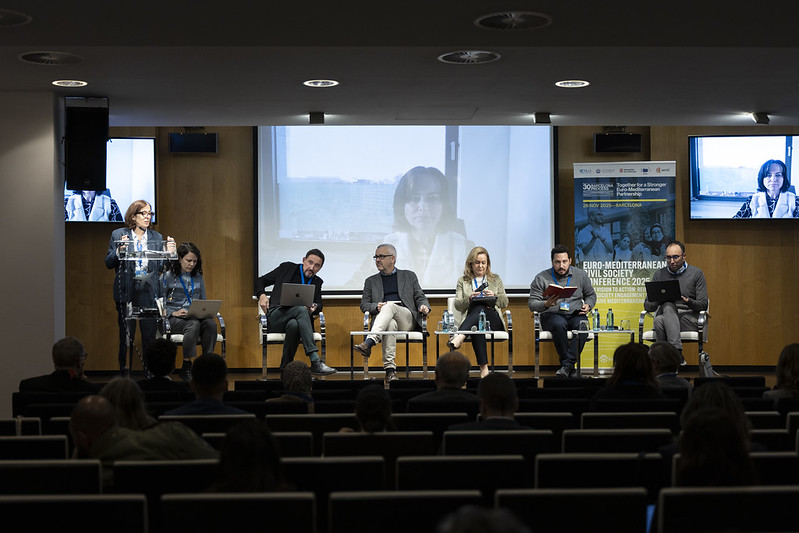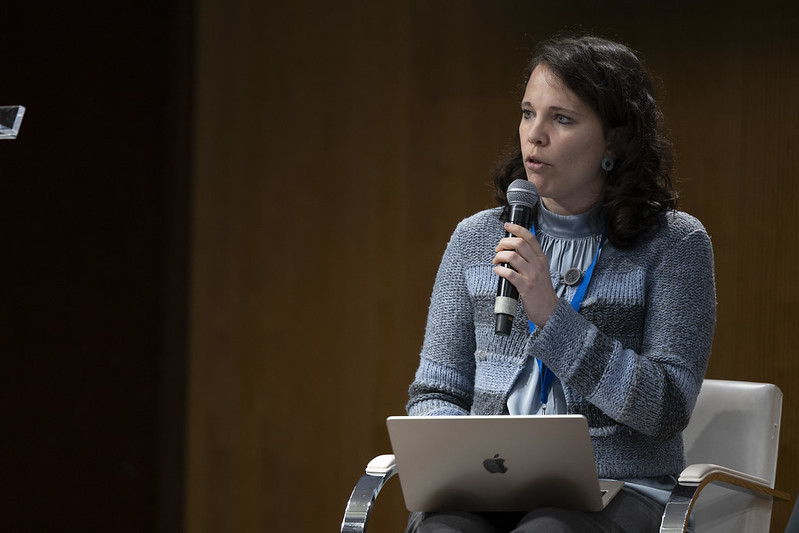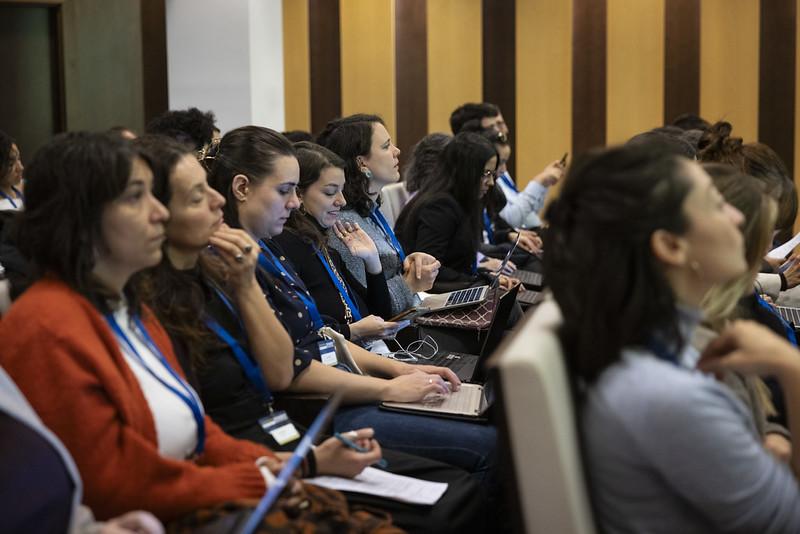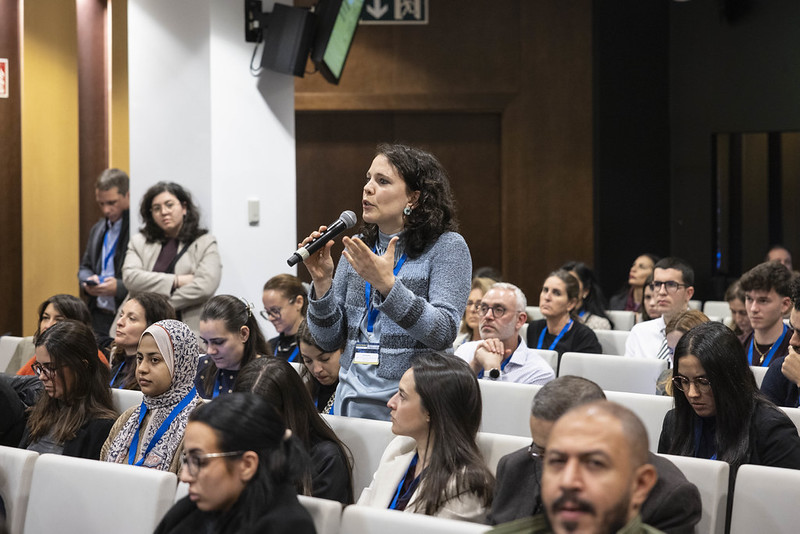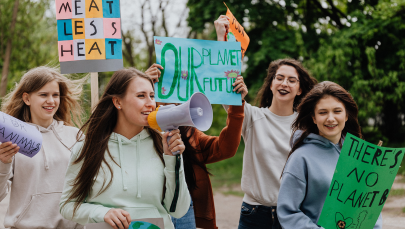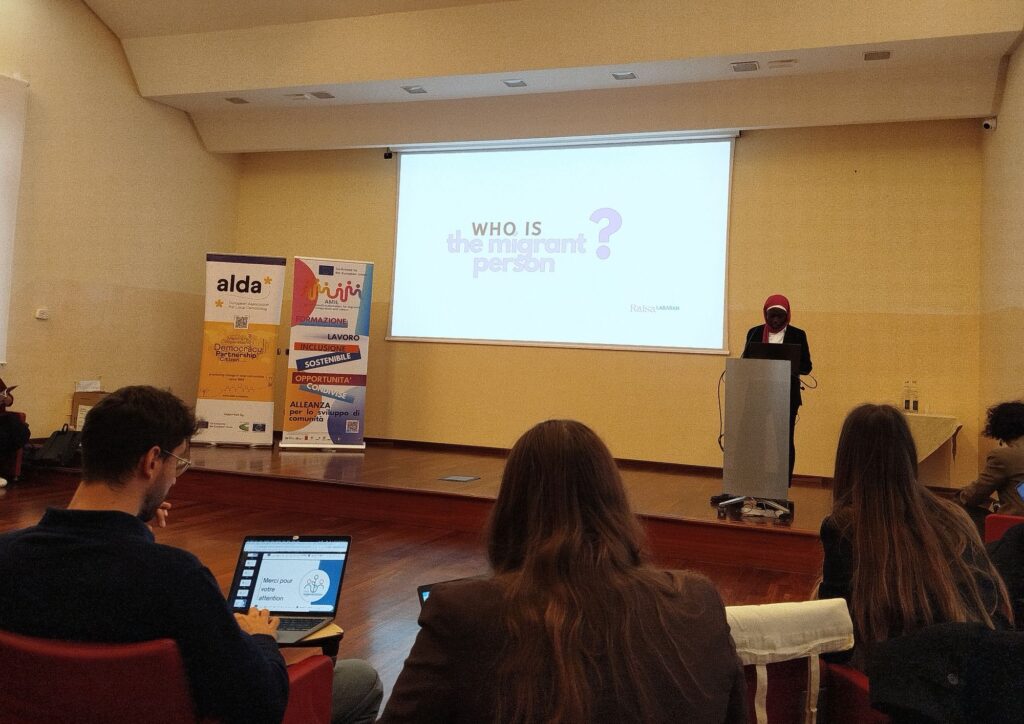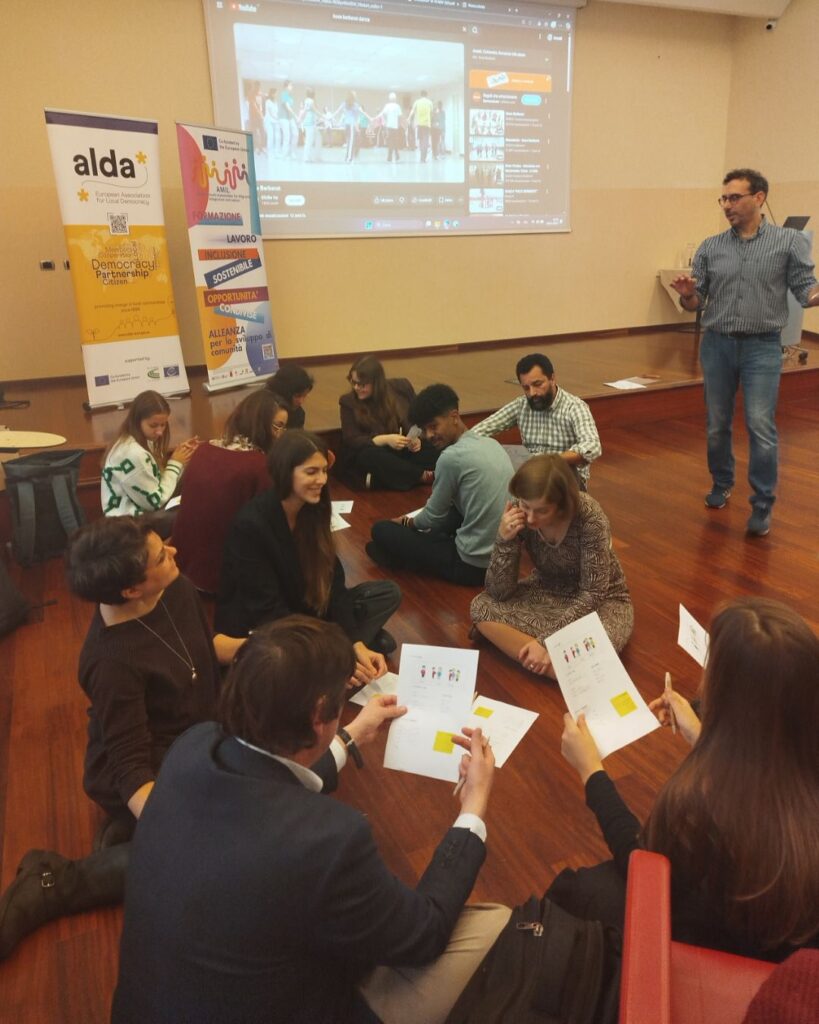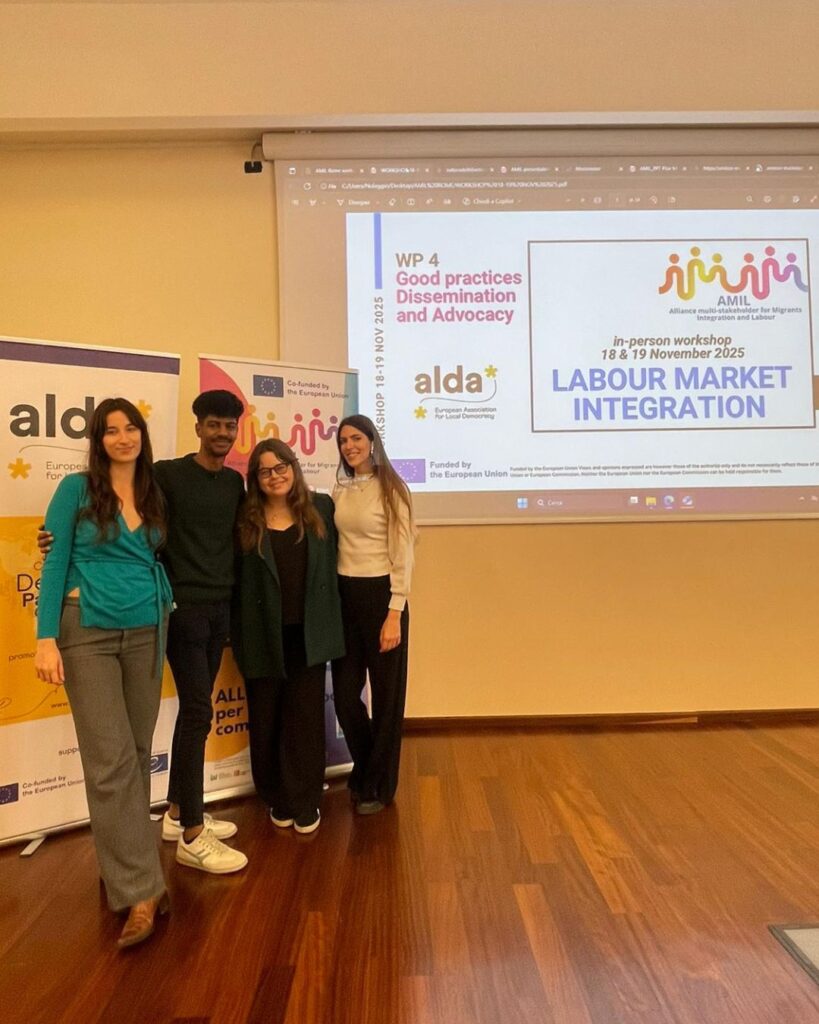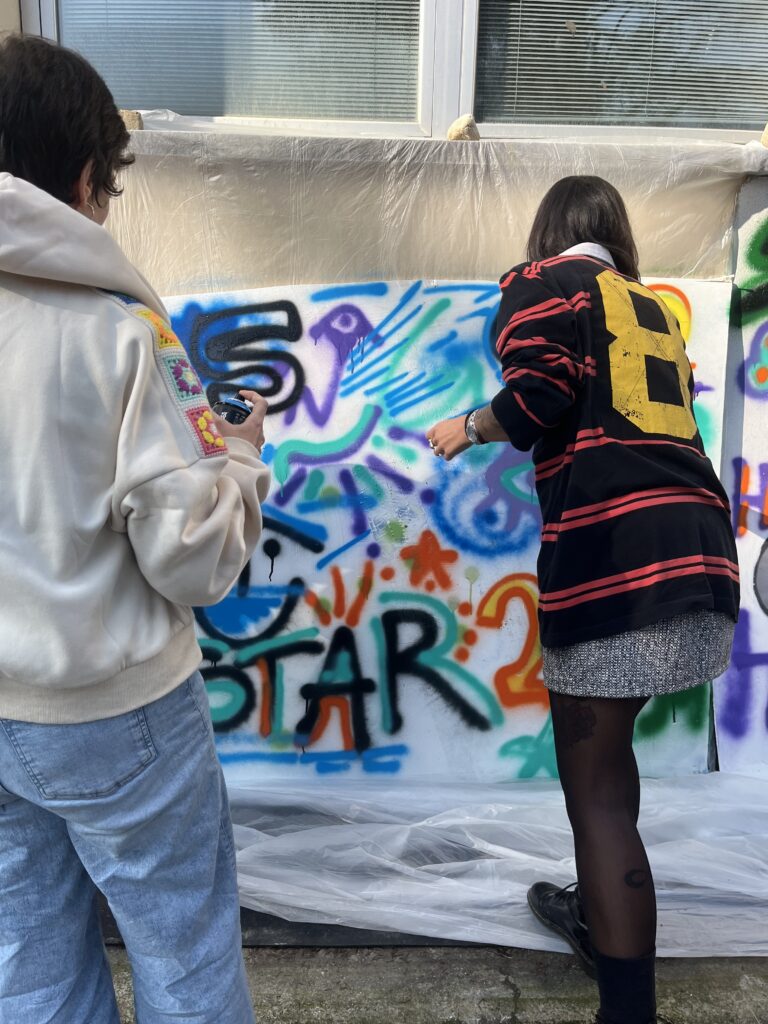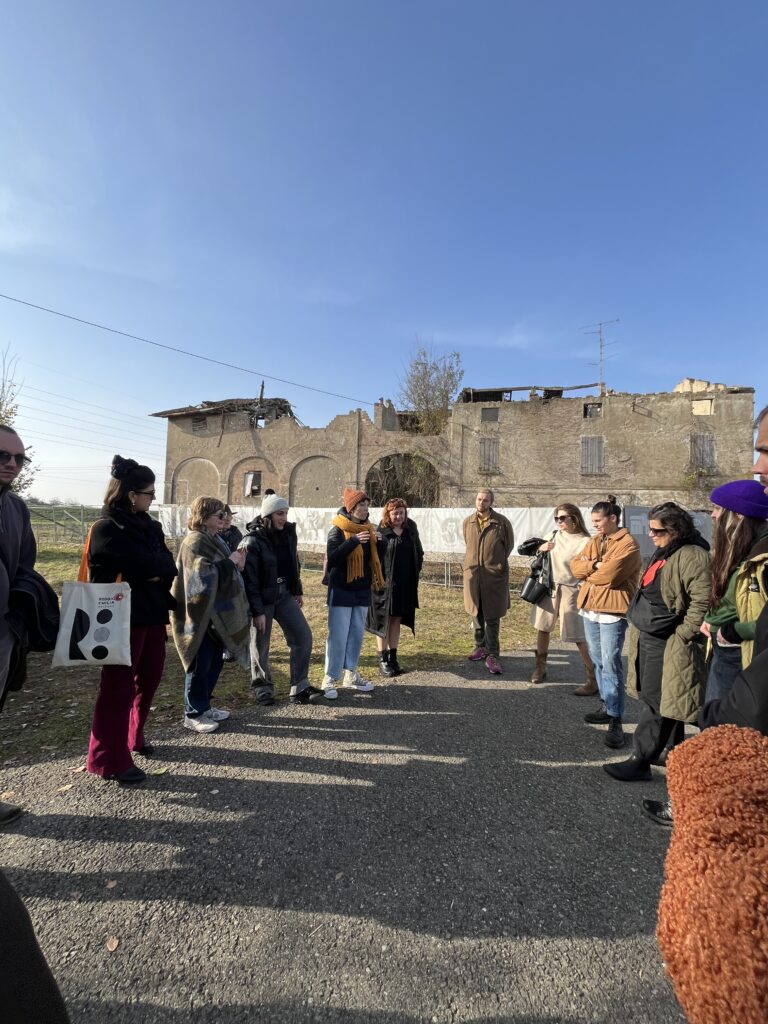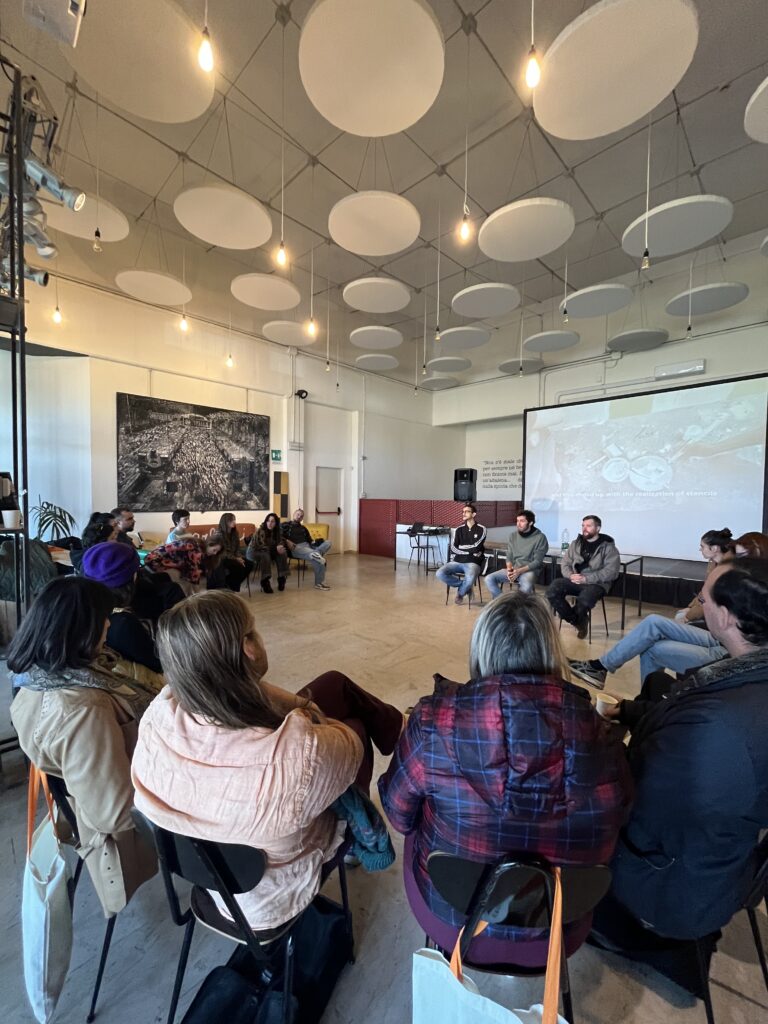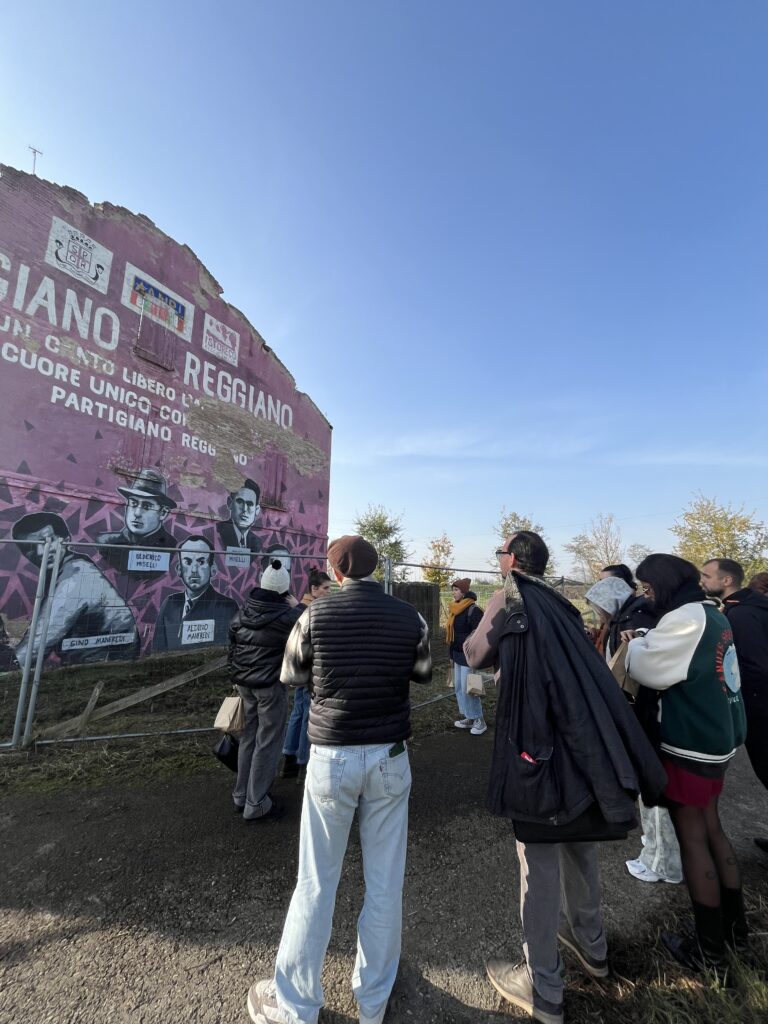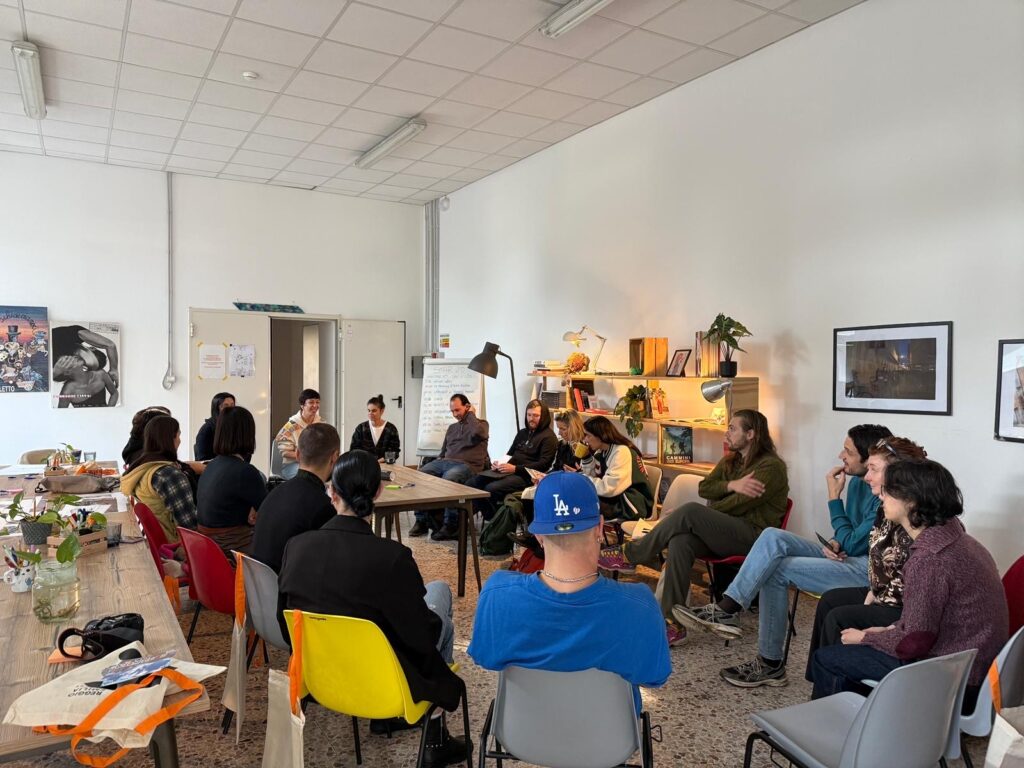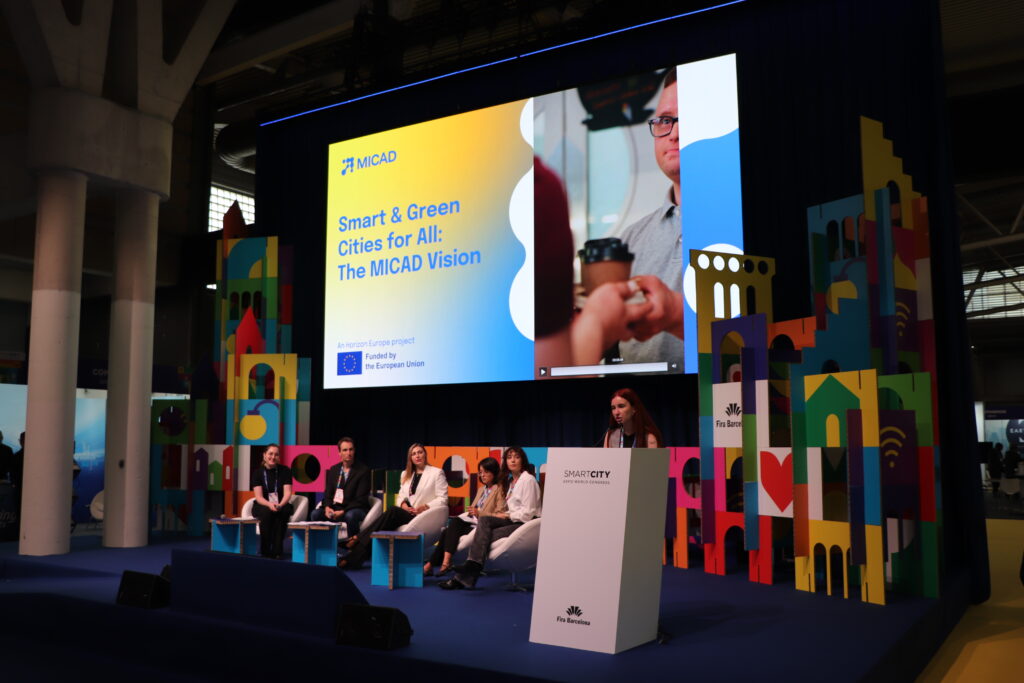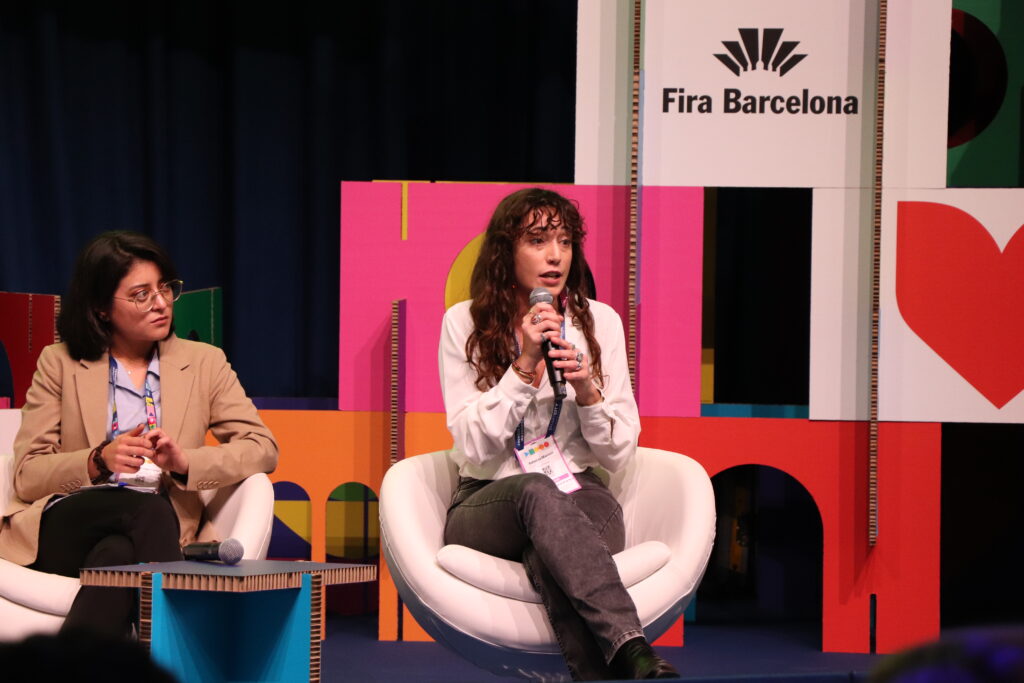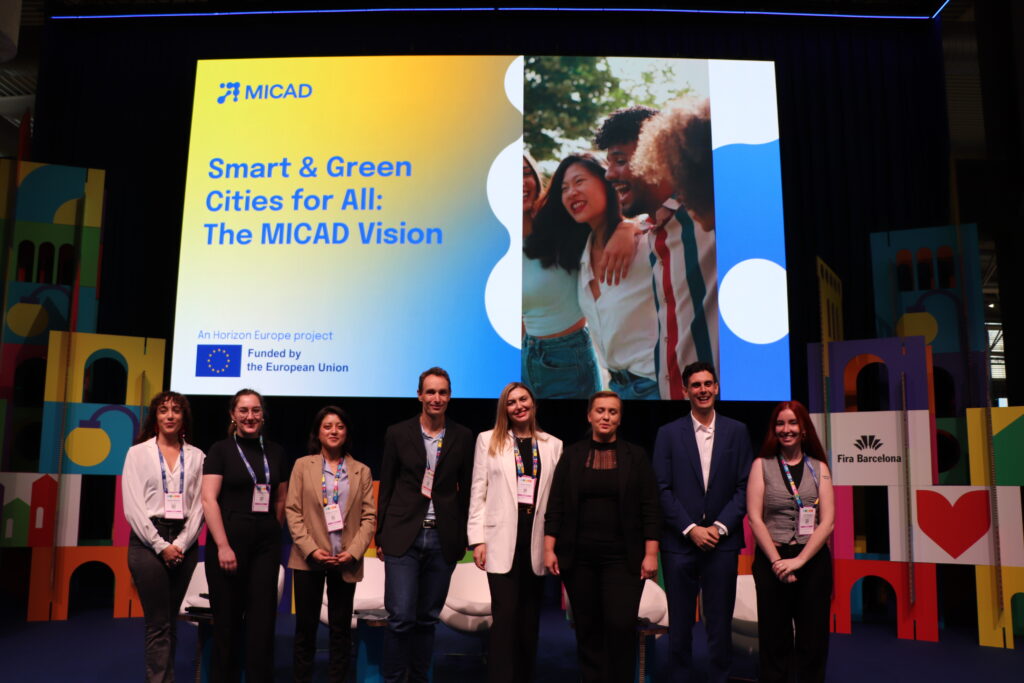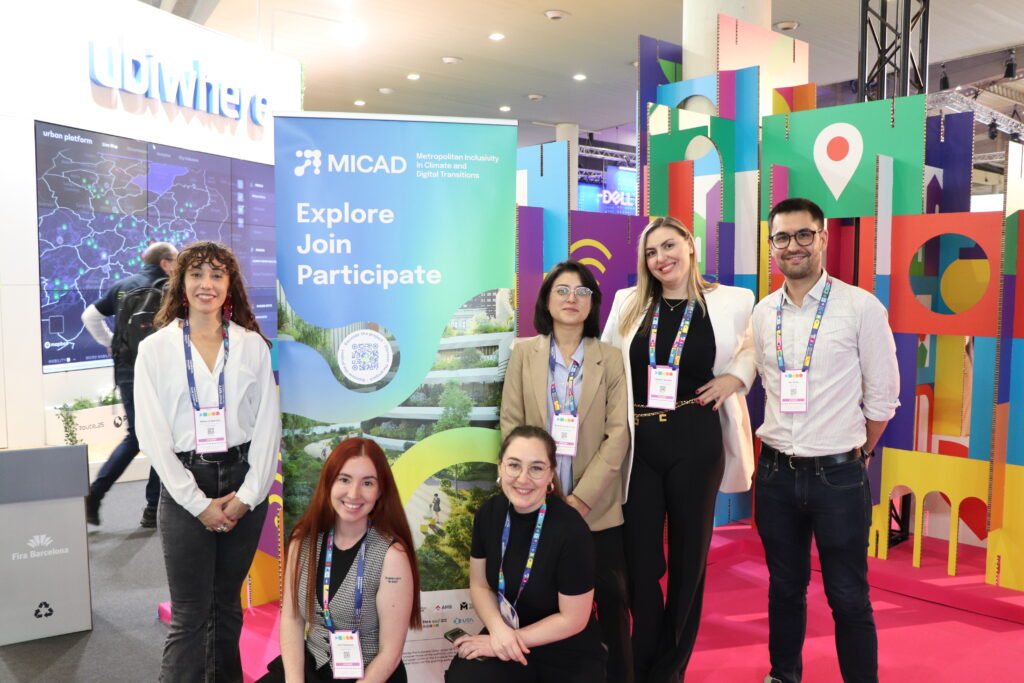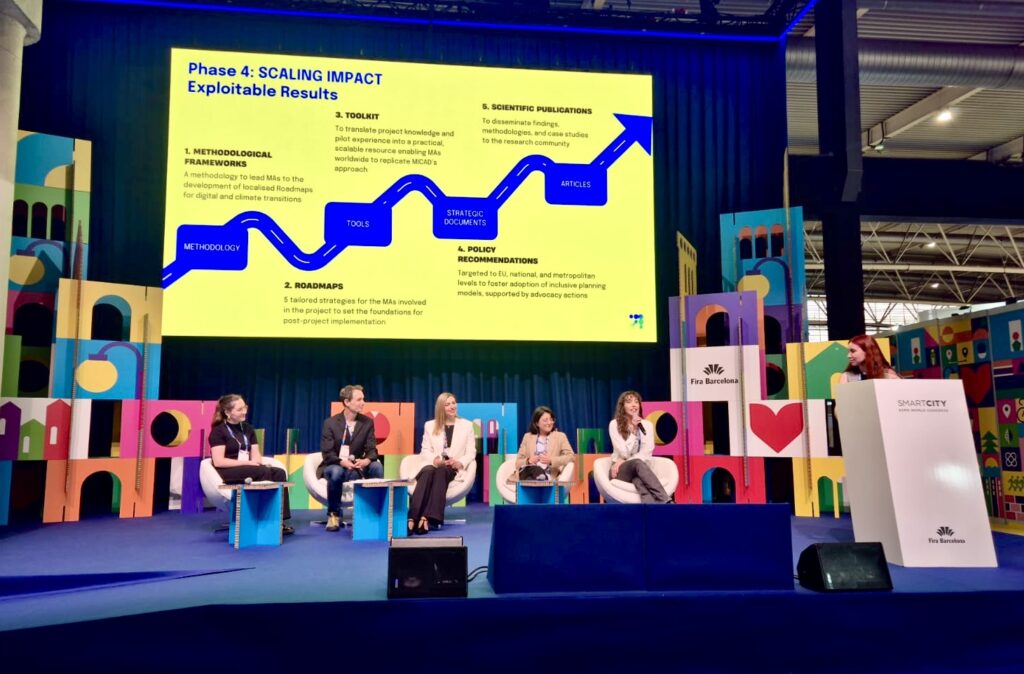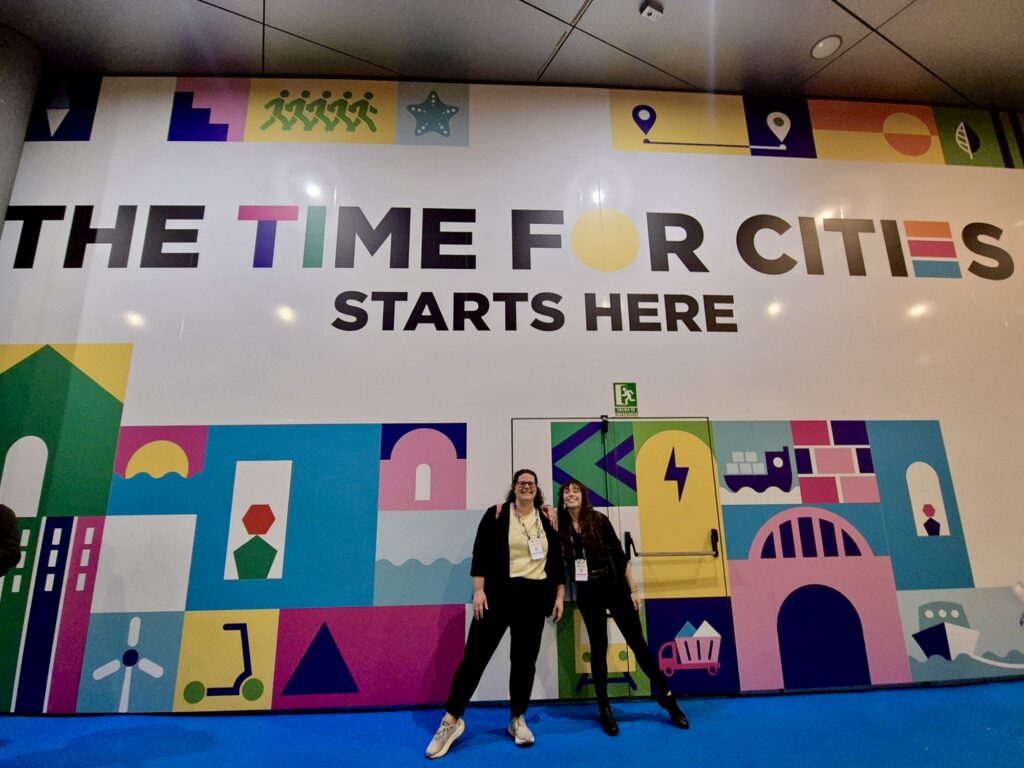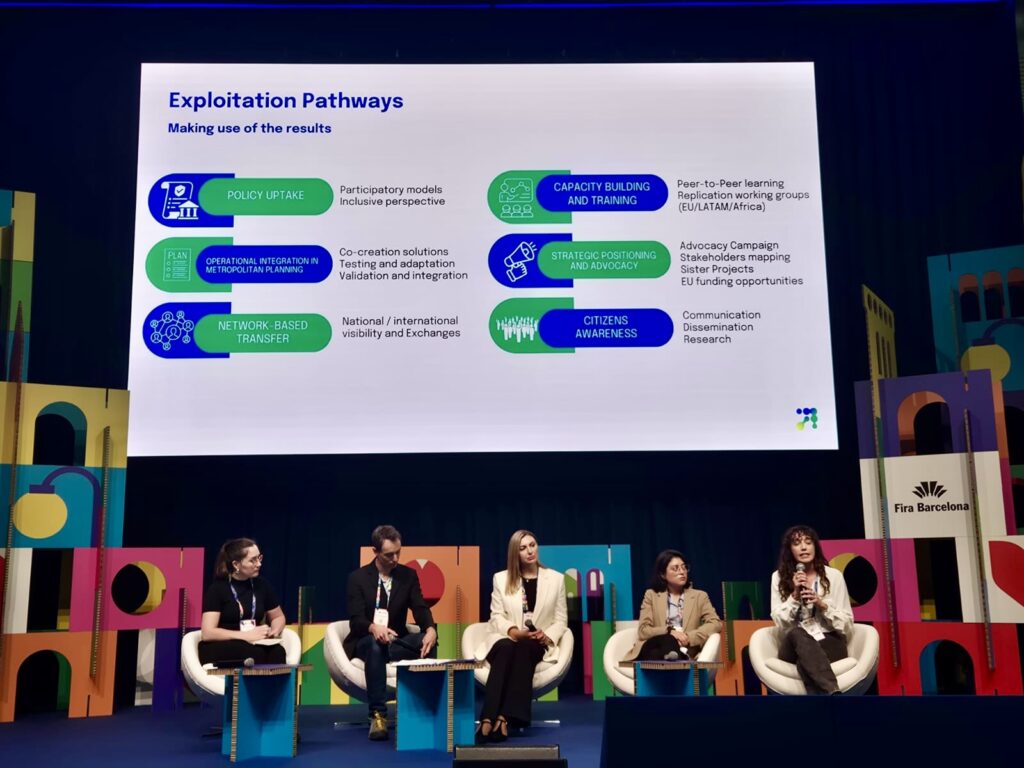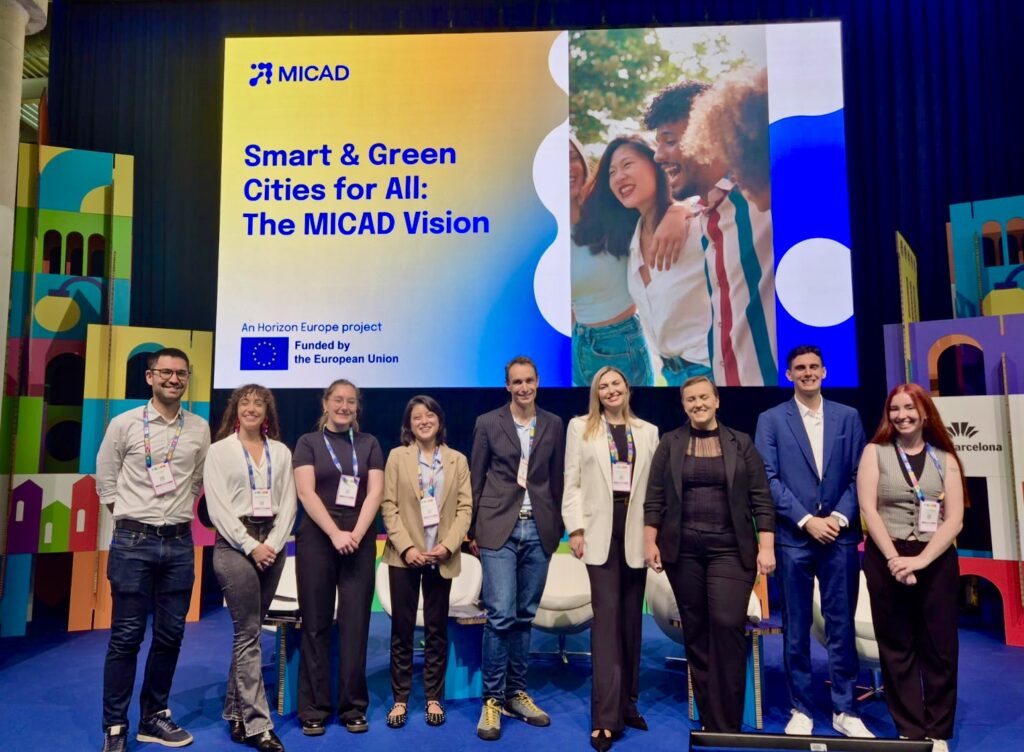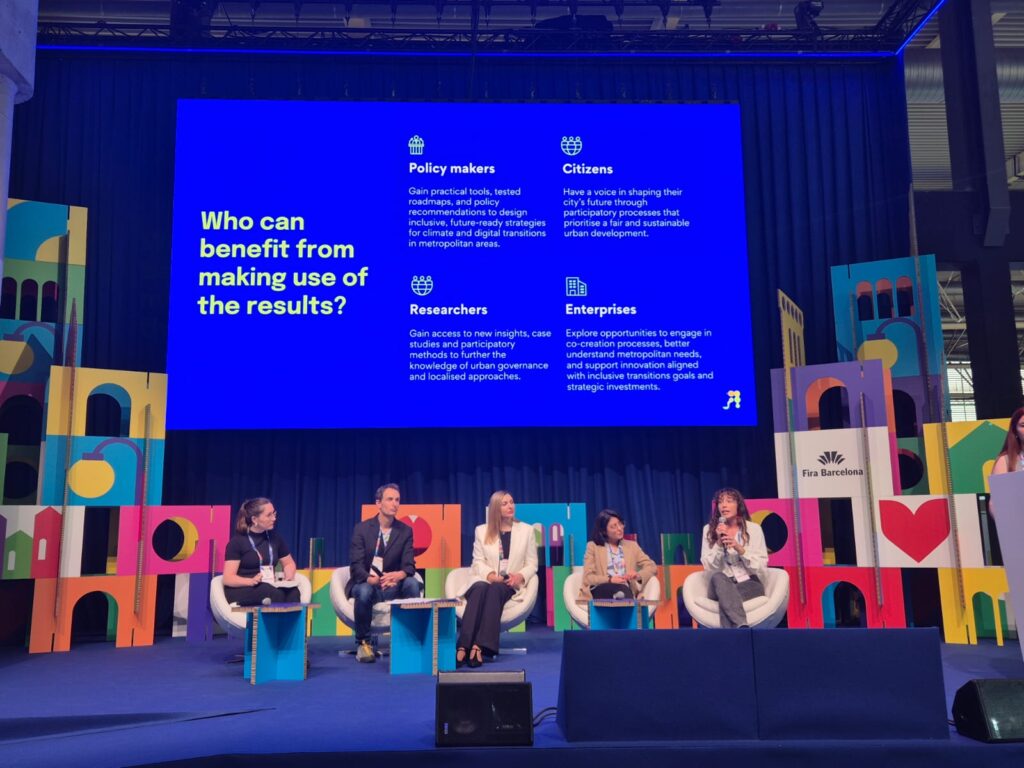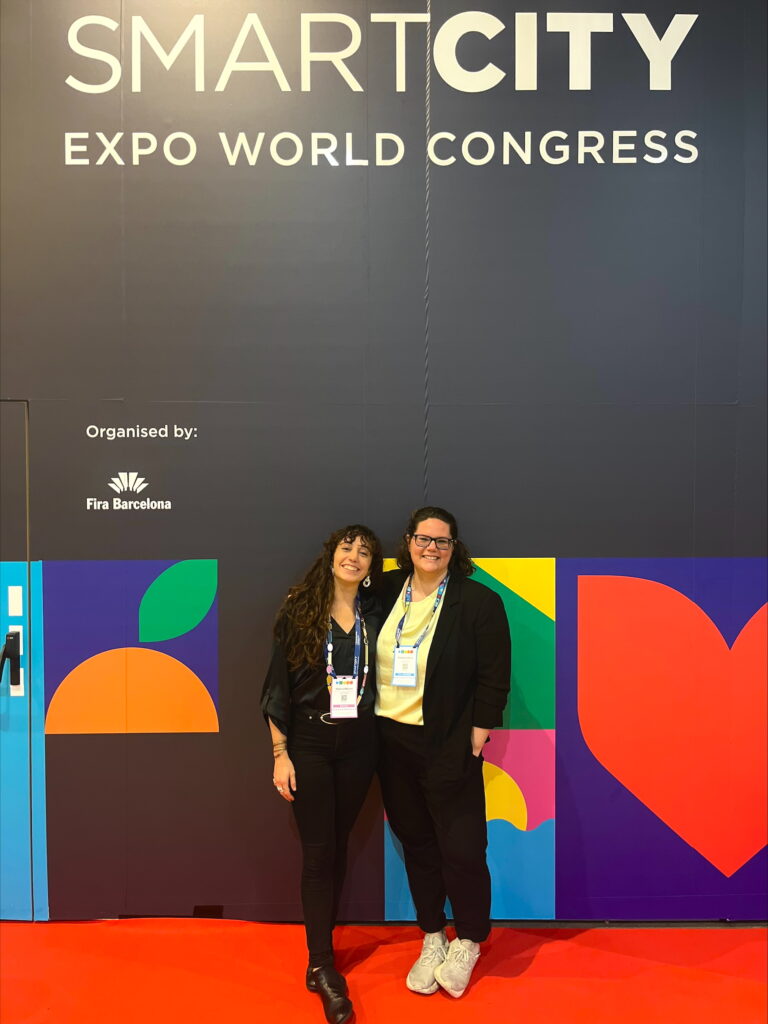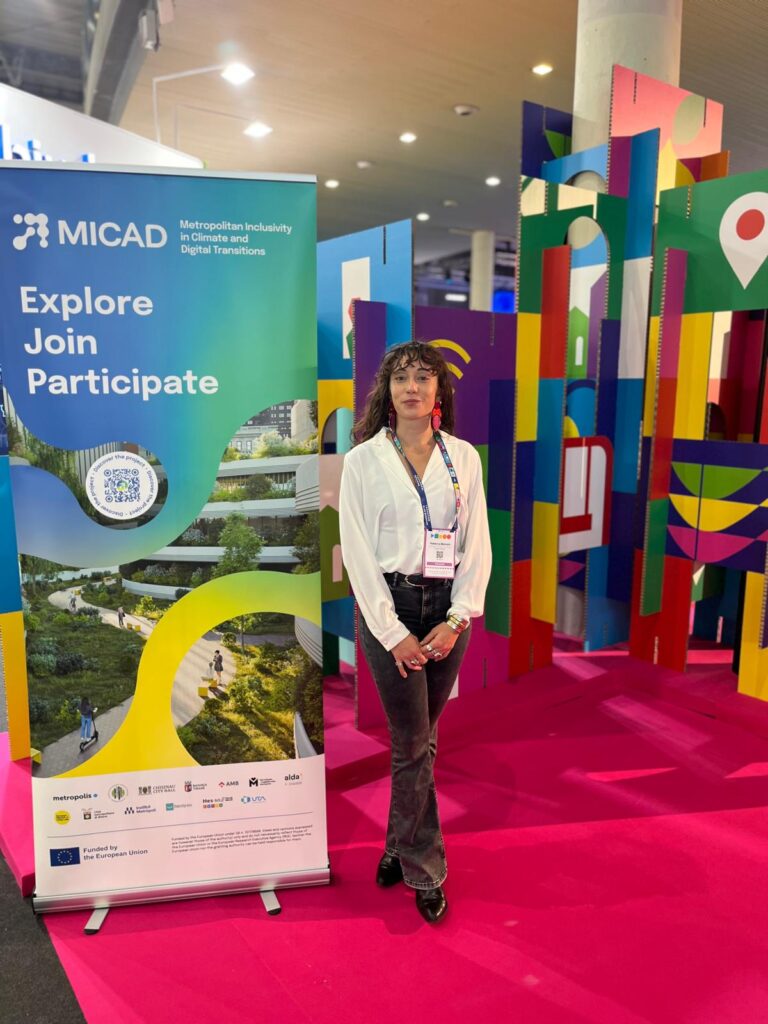This Call for Proposals for study visits grants in Moldova aims to support civil society organizations (CSOs) in exchanging good practices and developing partnerships with organizations and local public authorities in other countries, and is managed by the Association for Local Democracy (ALDA) within the INSPIRED Moldova project, funded by the European Union.
The overall purpose of the call is to facilitate study visits aimed at informing and inspiring good governance initiatives and reforms at the local level, strengthening consultation and cooperation mechanisms with public authorities, and stimulating civic engagement in social dialogue.
The expected results of this program are:
- Increasing the level of knowledge and capacity of local CSOs regarding European best practices and international cooperation relevant to the EU integration process.
- Strengthening the role of CSOs in political dialogue through their active and informed involvement in consultation and experience-sharing processes.
- Strengthening cooperation mechanisms between CSOs and local public authorities at local and national level.
- Leveraging the expertise and networks of European partners to develop CSO capacities and create sustainable partnerships.
1. Objectives of the call for proposals
The call aims to provide financial support to civil society organizations for organizing study visits with the purpose of exchanging experiences and adopting good practices regarding cooperation between communities in the Republic of Moldova and European communities. The initiative aims to strengthen civil society participation in political
dialogue and develop multi-participatory cooperation mechanisms between CSOs and local public authorities in Moldova and their European partners, with the support of ALDA.
The proposals will facilitate and promote CSO–LPA partnerships and the adoption of European best practices in the area of participatory public consultations.
Through grants, ALDA aims to support initiatives that promote cooperation between civil society and authorities, increase capacities and opportunities for involvement, advocacy, and participation in public consultations with decision-makers. The call encourages initiatives that will facilitate and boost the creation of alliances and twinning with colleagues from other European countries.
CSOs in the Republic of Moldova will implement cooperation projects aimed at promoting the exchange of good practices on structured political dialogue, consultation mechanisms, local democracy, civic engagement, and other relevant topics. Through a “twinning” approach, these knowledge exchanges and collaboration initiatives will contribute to strengthening the framework for participatory consultation at the local level.
The call is aligned with the country program for European integration and aims to strengthen the ability of social actors to establish effective partnerships with local public authorities by adopting good practices from organizations in Europe. By connecting with communities in Europe, including countries that have undergone EU integration processes, CSOs in the Republic of Moldova will spread common models of cooperation in communities.
As part of this effort, interested organizations will propose the direction and theme of the study visit, based on existing or planned external partnerships, and will select local CSOs with similar profiles or interests in the proposed theme, thus forming regional clusters that are more empowered for social dialogue and communities involved in good governance.
2. Eligible activities and priorities of the call
Below are examples of activities eligible for funding for guidance purposes. The list is neither exhaustive nor cumulative; other types of activities and innovative initiatives that align with the objectives and priorities of this call for proposals may also be considered:
- Study visits to partner organizations abroad to exchange experiences and learn about best practices;
- Establishing partnerships and creating cooperation networks with relevant organizations in Moldova and EU countries;
- Facilitation of joint cooperation initiatives, seeking to leverage their expertise, networks, and connections at the local level for more inclusive and participatory decision-making processes;
- Mutual learning workshops for the exchange of good practices on strengthening social dialogue, networking, public consultation mechanisms in decision-making, cooperation with local public authorities, advocacy, including dedicated exchanges on the involvement of citizens, youth groups, and underrepresented communities;
- Encouraging the creation of partnerships with local and foreign public authorities;
- Facilitating consultations with external partners on the creation of consultative mechanisms;
- Support for CSOs to participate in public consultations, decision-making, and the implementation of civic initiatives in collaboration with decision-makers.
- Proposals should reflect substantial involvement in the associative sector, and participants are encouraged to design activities that include organizations active in rural areas, where access to exchange programs and national and international networks is limited.
3. The following types of activities are not eligible for funding:
- Activities that focus primarily on individual sponsorships for participation in workshops, conferences, or congresses;
- Activities that relate exclusively or primarily to individual scholarships for studies or training courses;
- Activities that support political parties or candidates during elections;
- Retroactive funding for projects that are already underway or have been completed;
- Projects that offer exclusive benefits to individuals or small groups of individuals will not be eligible for funding.
- Projects that are harmful to the environment will not receive funding;
- The purchase of equipment is only permitted if it is directly related to the implementation of the project.
4. Methods of awarding grants
Organizations selected for financial support in the form of grants will sign a grant agreement with the European Association for Local Democracy (ALDA). This funding will enable them to cover the costs of their project activities.
The total budget for this call is €80,000, and the funding for each proposal is a maximum of €10,000.
The implementation period for the projects is February–November 2026.
As the selected organizations will be exempt from VAT for the costs incurred under this grant, the proposed budget must contain the planned costs without VAT.
5. Application and selection process
Call launch: December 15, 2025
Online information session: January 5, 2026, 3:00 p.m., Chisinau time (link to participate)
Deadline for questions*: January 9, 2026
Deadline for submitting proposals: January 11, 2025; 11:59 p.m. Chisinau time Proposal evaluation: January 12-23, 2026
Grant implementation period: February-November 2026
*Questions regarding the Call for Proposals may be sent to the following email address until January 9, 2026: aldamoldova@alda-europe.eu
The complete application file for the competition consists of:
- Project proposal – Annex 1
- Project budget proposal – Annex 2
- Confirmation of the organization’s registration (Extract from the State Register of Legal Entities).
- A presentation of the organization’s profile and experience relevant to the current call (PPT, PDF, Canva format).
- Two recommendations from partners, organizations, or donors with whom the organization has collaborated (name and email address or letters of recommendation).
The application file shall be sent to aldamoldova@alda-europe.eu .
Files shall be submitted in Romanian, English, or Russian. The complete file must be submitted in the forms provided and must contain all the requested information, respecting the character limit. Applications must be legible and accessible, therefore we recommend that you submit, together with the signed/scanned/PDF version of Annex 1 – Project Proposal and Annex 2 – Project Budget Proposal, the editable version of the files in MS Word and Excel format. Failure to meet the deadline for submitting the complete application file in the required format will result in exclusion from the evaluation process.
6. Eligibility and admissibility criteria for organizations participating in the competition:
All applications will undergo an administrative check to determine whether the required information has been provided. Applications will be evaluated according to the criteria described below:
- The organization has non-profit legal status and is registered in the Republic of Moldova.
- The application file is complete.
- The organization has not received another grant under the INSPIRĂ Moldova project.
7. Evaluation criteria
After verifying eligibility, the ALDA Evaluation Committee will evaluate the accepted applications according to the criteria listed below:
Evaluation criteria and scoring:
1. Organizational capacity and experience (Years of activity; team size and structure; experience in creating partnerships at national and international level). Maximum 20 points
2. The organization’s potential for establishing partnerships (Civic participation, experience in involving stakeholders, including local authorities, experience in awareness-raising activities, etc.). Maximum 20 points
3. Relevance of the project proposal (Alignment with the objective of the Call for Proposals; estimated number of participants/target groups; involvement of stakeholders, including local authorities; multi-stakeholder dialogue and partnership development, interactive and practical mutual learning activities). Maximum 20 points
4. Financial component (cost-effectiveness ratio). Maximum 20 points 5. Performance and sustainability (Sustainability of the proposed activities; production and dissemination of the results of study visits, practical workshops, observation reports, and participant feedback; dialogue between stakeholders, strengthening of long-term partnerships; integration of a gender perspective). Maximum 20 points
Total score: 100 points
*The following aspects will be considered an advantage in the evaluation of project proposals: The organization is a member of civic platforms and alliances and has proven experience in creating and facilitating partnerships with local, district, or central public authorities, as well as in developing inter-community partnerships and partnerships with NGOs from other countries, while also benefiting from active partnerships with civil society organizations and municipalities in the country and abroad.
8. General information
INSPIRĂ Moldova is a project funded by the European Union, running from 2024 to 2027, which aims to contribute to the creation of a favorable environment for civil society in Moldova by empowering civil society organizations (CSOs) to actively engage in political discussions at all levels. Building on the momentum generated by the EU accession process, the project facilitates political dialogue on the enabling environment for civil society and relevant plans and programs arising from the accession negotiations. Recognizing the importance of prioritizing democracy consolidation in the EU’s new methodology on the first fundamental accession criteria, the initiative will strengthen CSO capacities to act as catalysts for democracy at the national and local levels, as well as in the digital sphere.
The project will promote inclusive and participatory processes to improve public participation, in particular by promoting the involvement of underrepresented groups and women in the Republic of Moldova. By empowering civil society in the Republic of Moldova through technical and financial support, the project aims to strengthen its influence on national policies and accelerate the country’s integration into the EU. This involves the involvement of civil society organizations in policy-making processes at the national, local, and digital levels. The project encourages dialogue and collaboration with public authorities to ensure that civil society becomes a key player in promoting democracy in the Republic of Moldova.
9. Note
This Call for Proposals is made possible thanks to the financial support of the European Union. Its content is the sole responsibility of the INSPIRĂ Moldova project, funded by the European Union. The content of the Call for Proposals belongs to ALDA and does not necessarily reflect the views of the European Union.
The project is implemented by the European Partnership for Democracy (EPD), the European Association for Local Democracy (ALDA), the Center for Policy and Reform (CPR Moldova), the National Assistance Center for NGOs in Moldova (CONTACT), People in Need (PIN), and Democracy Reporting International (DRI).
Call for Proposal
Apel de propuneri
